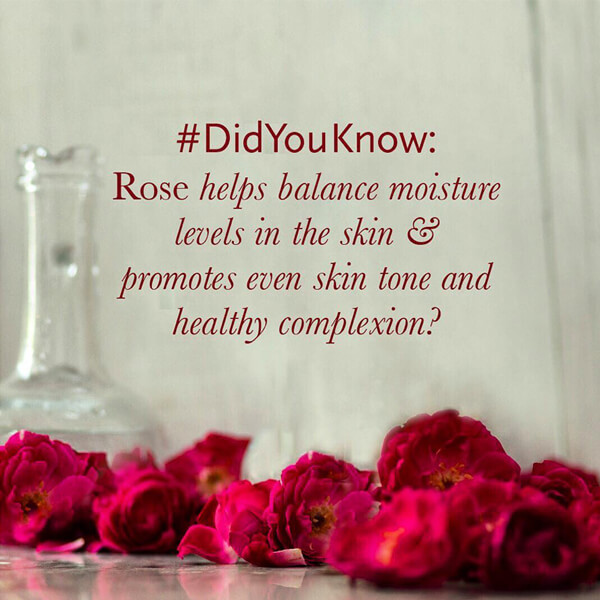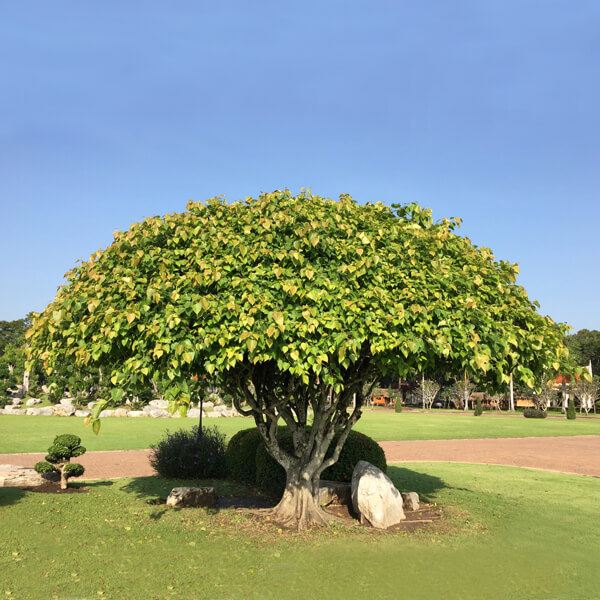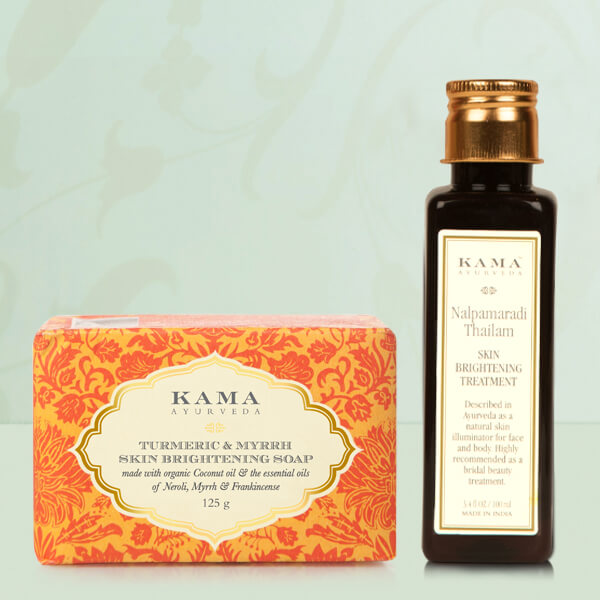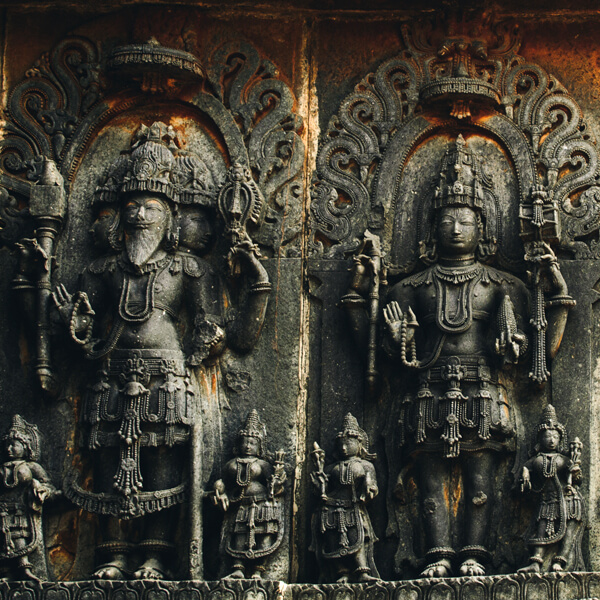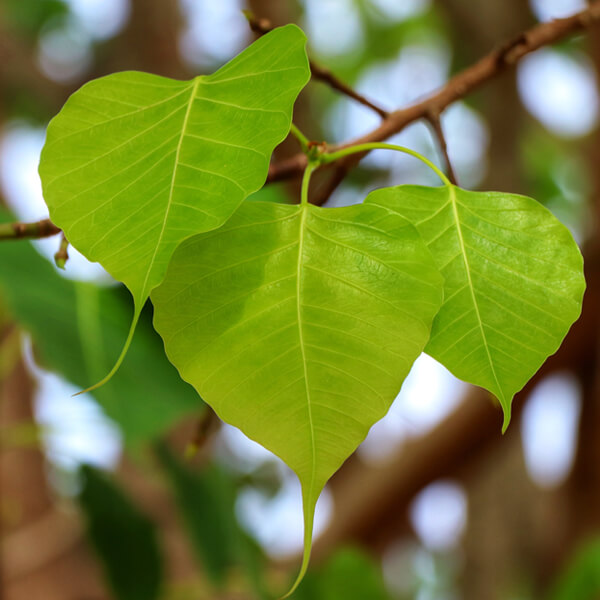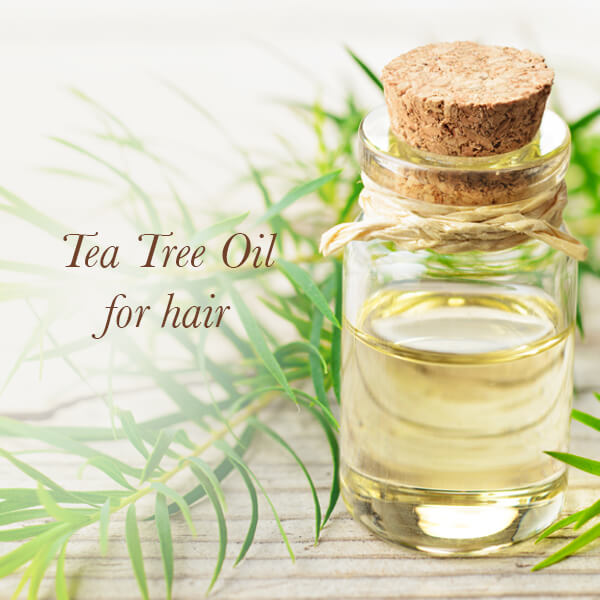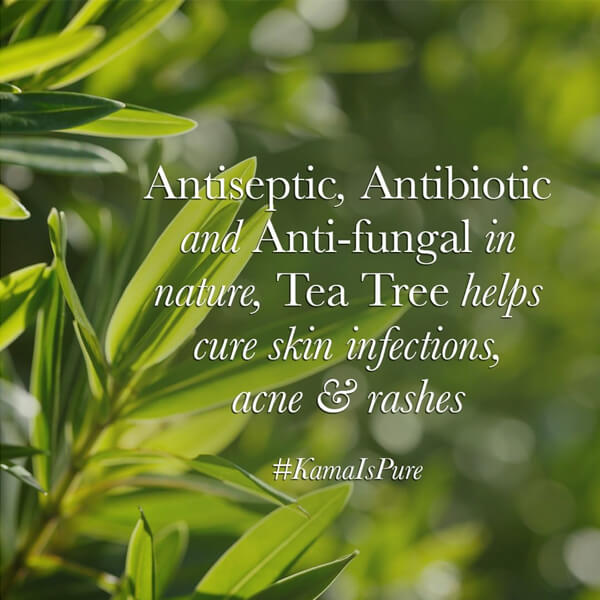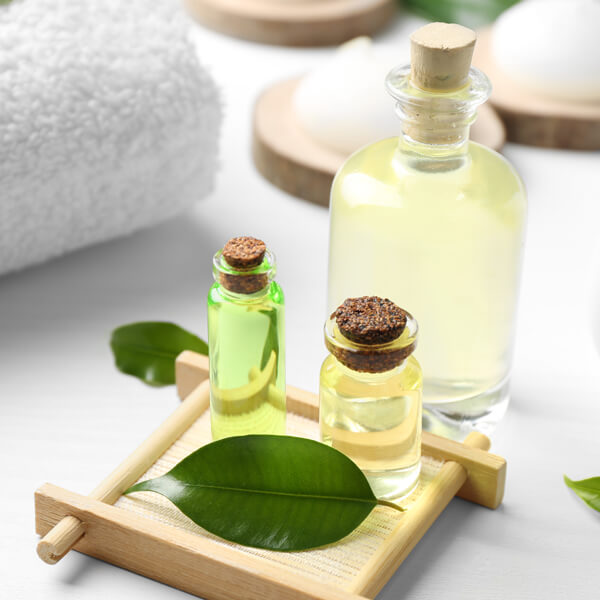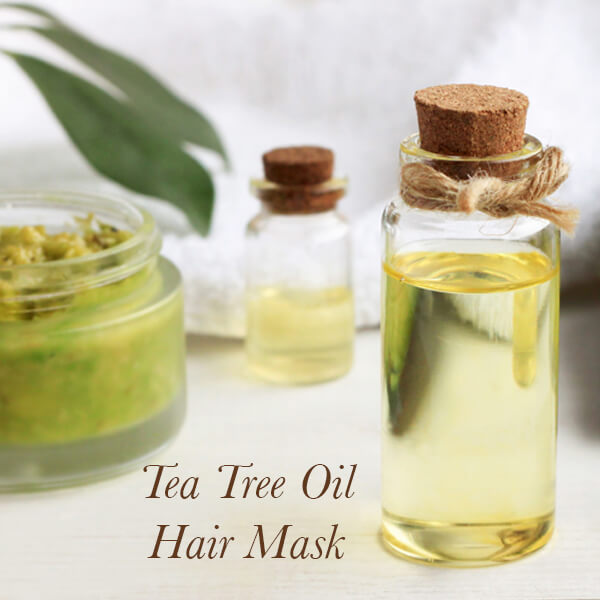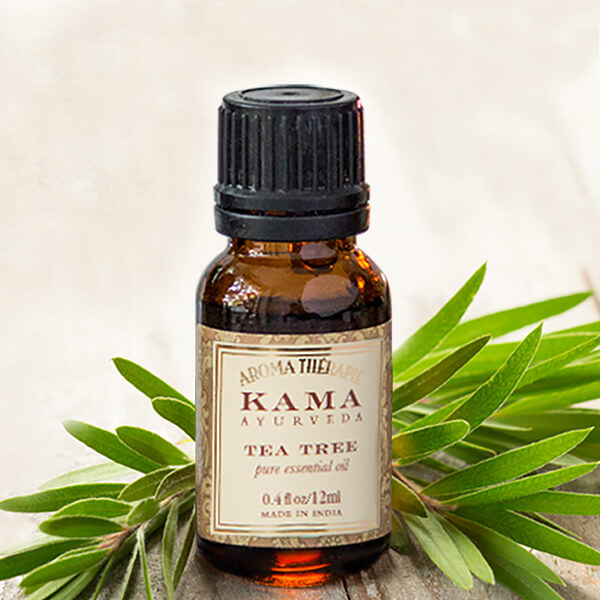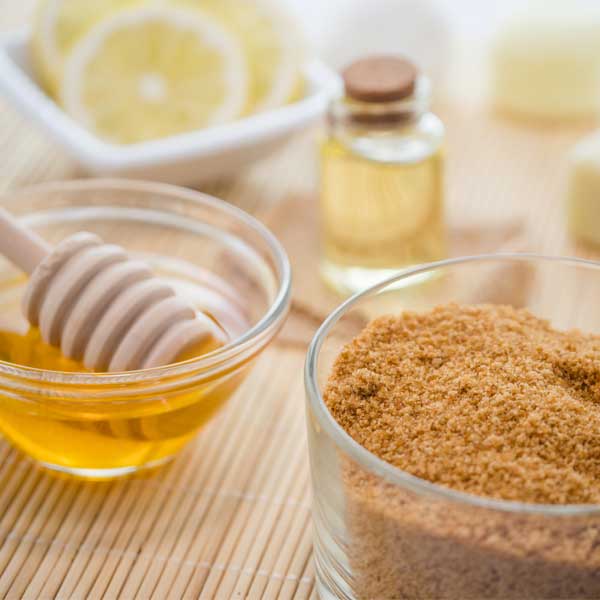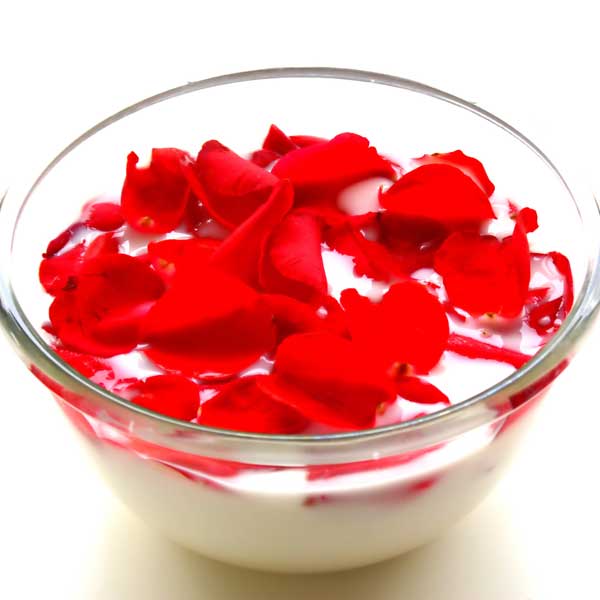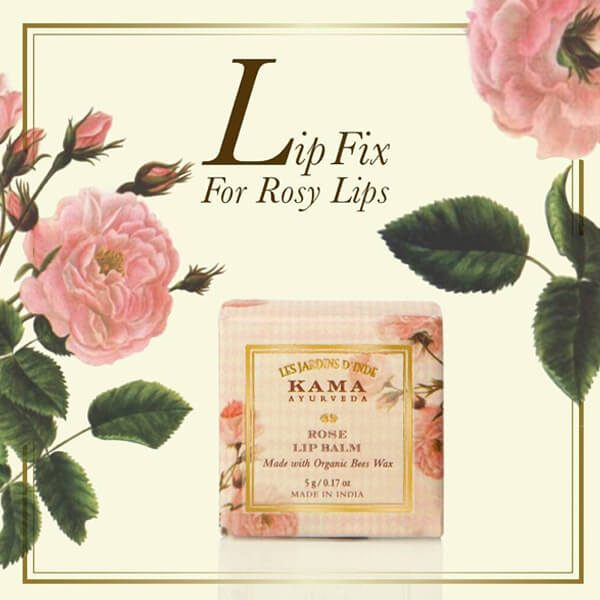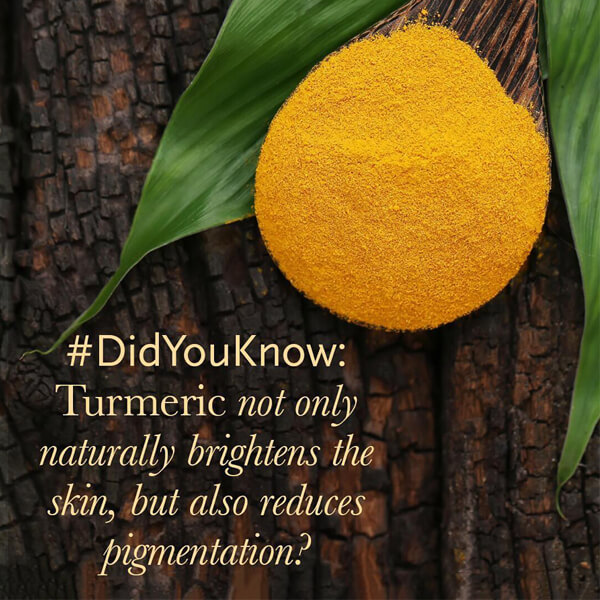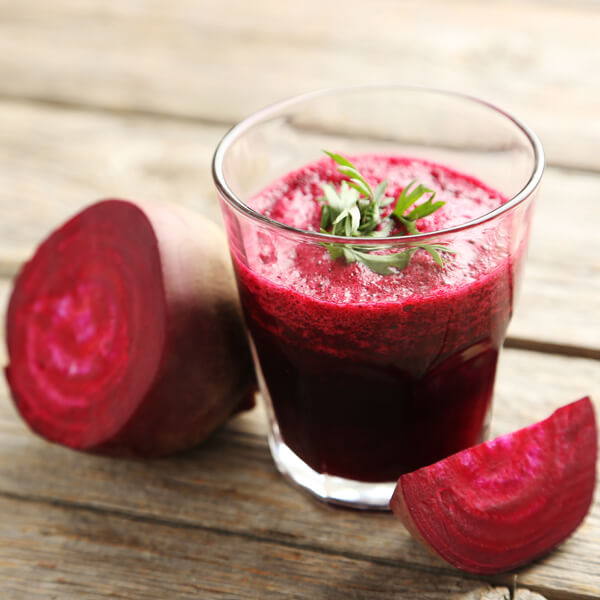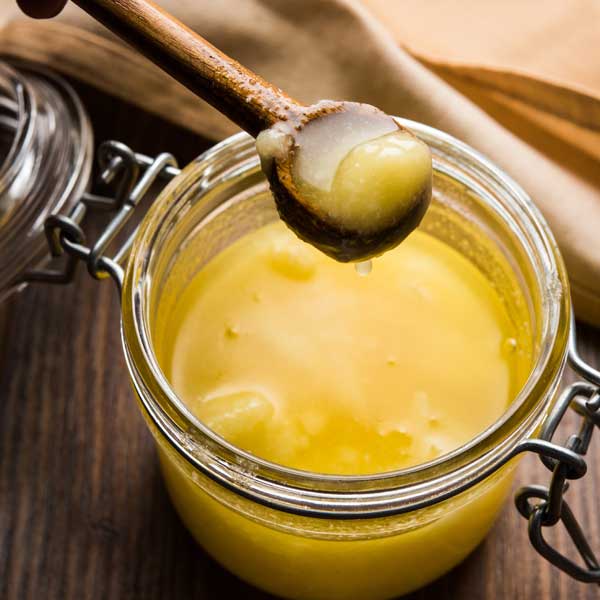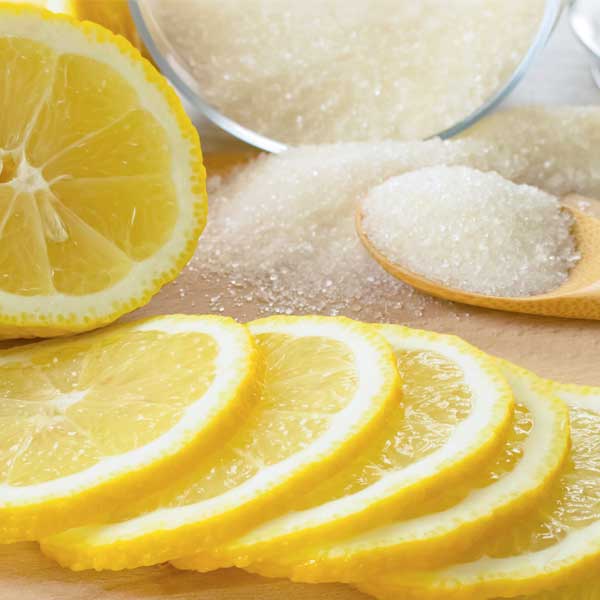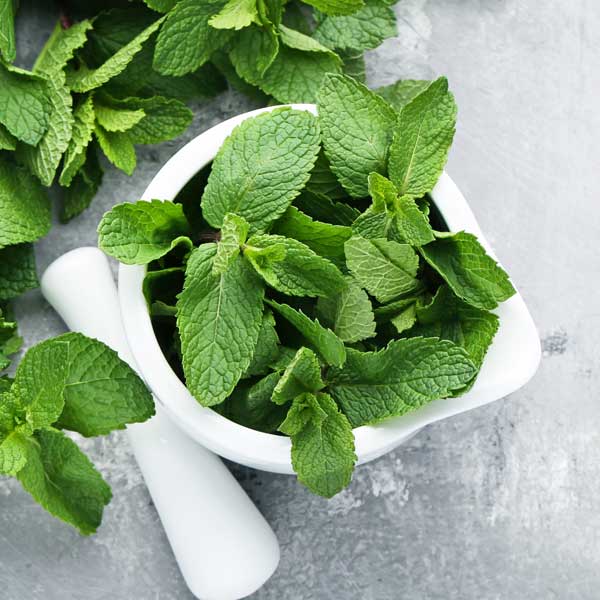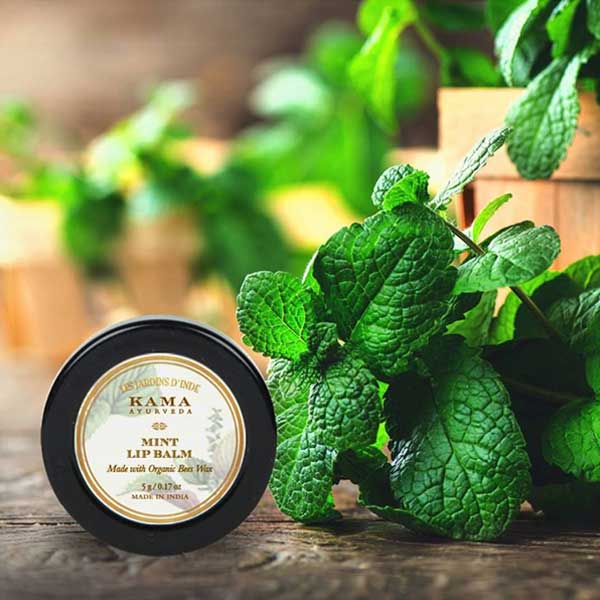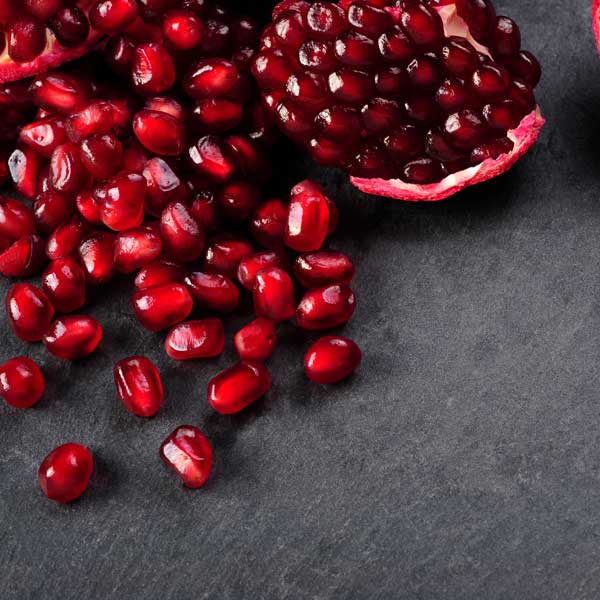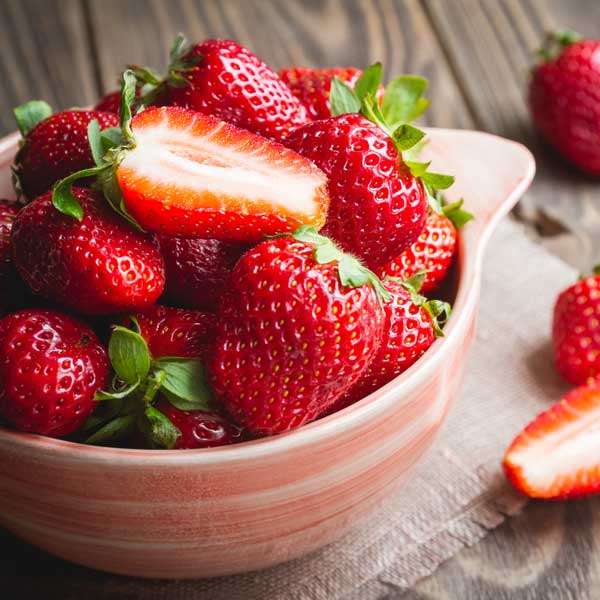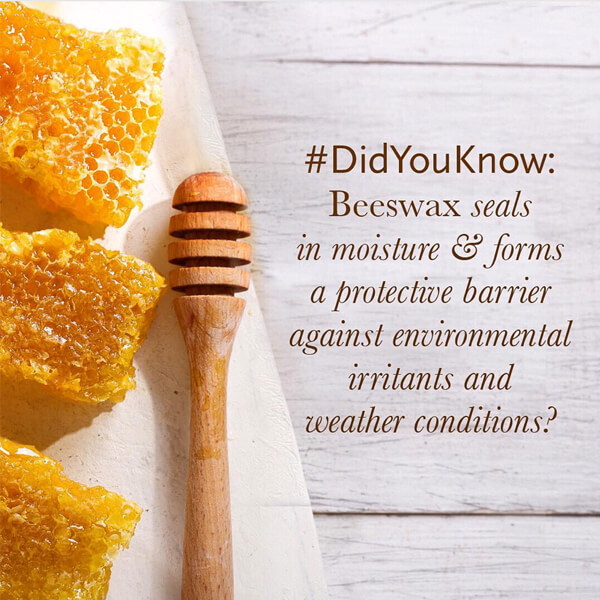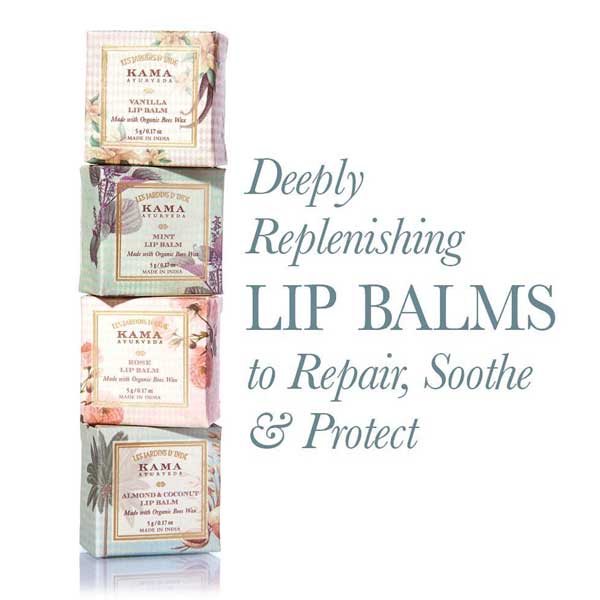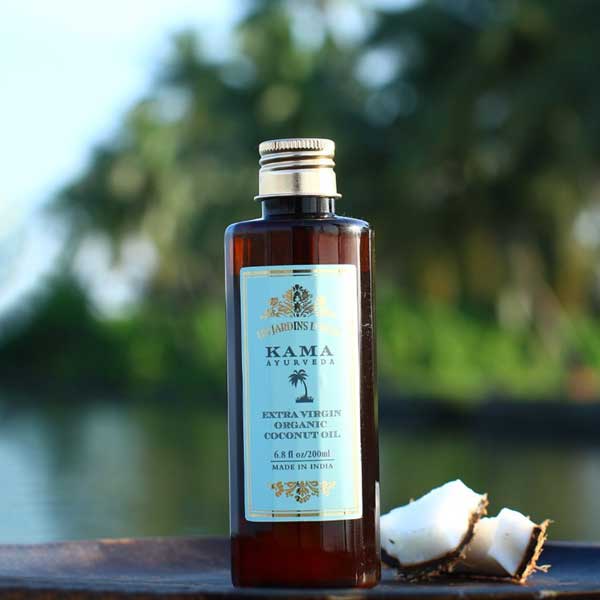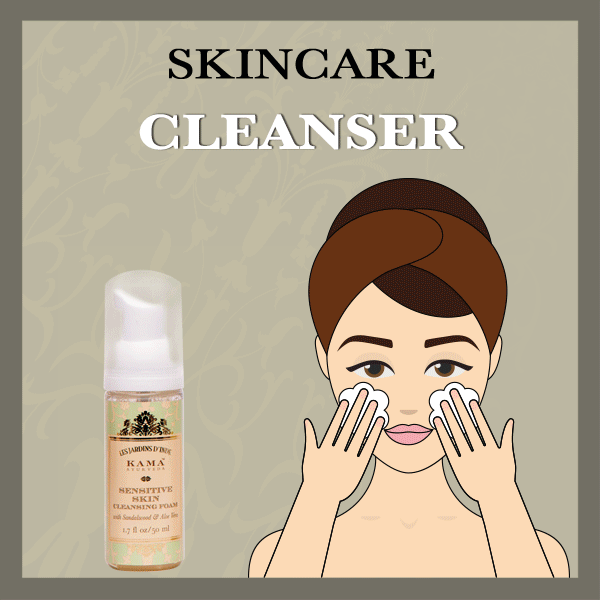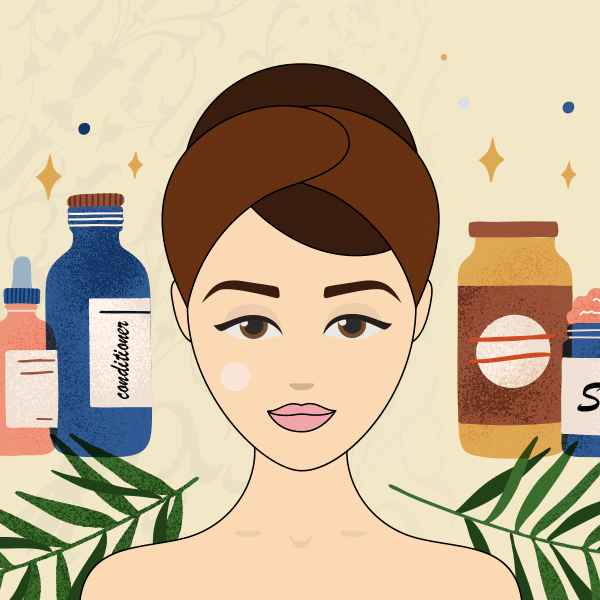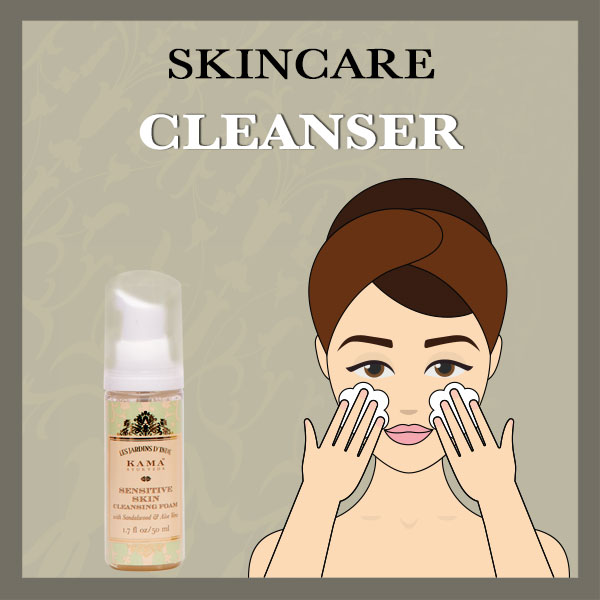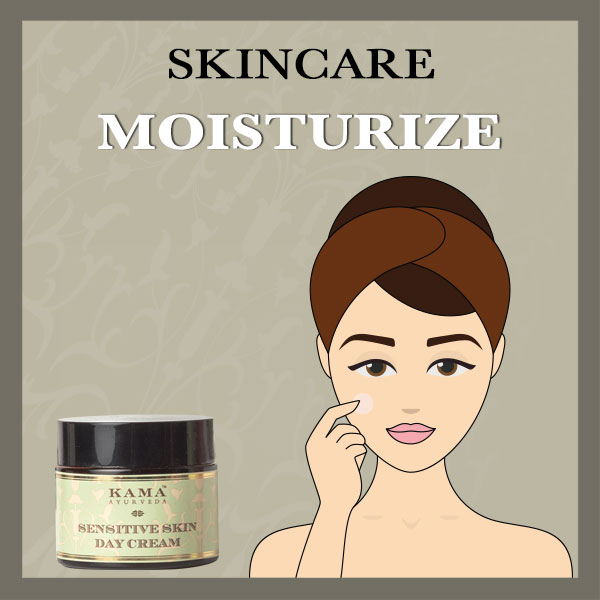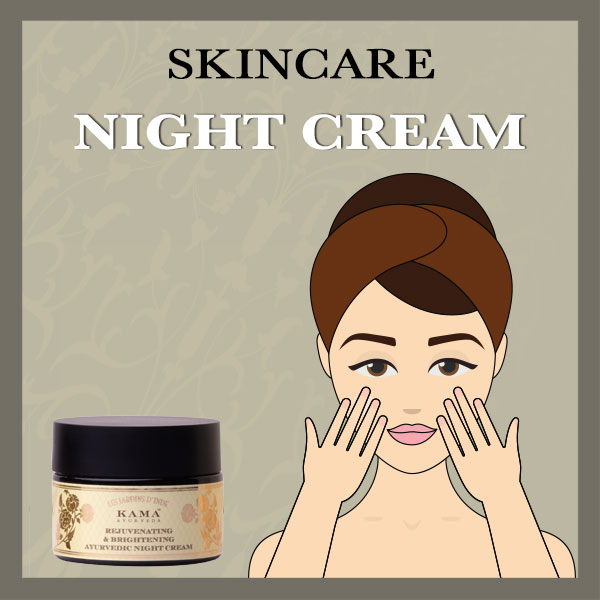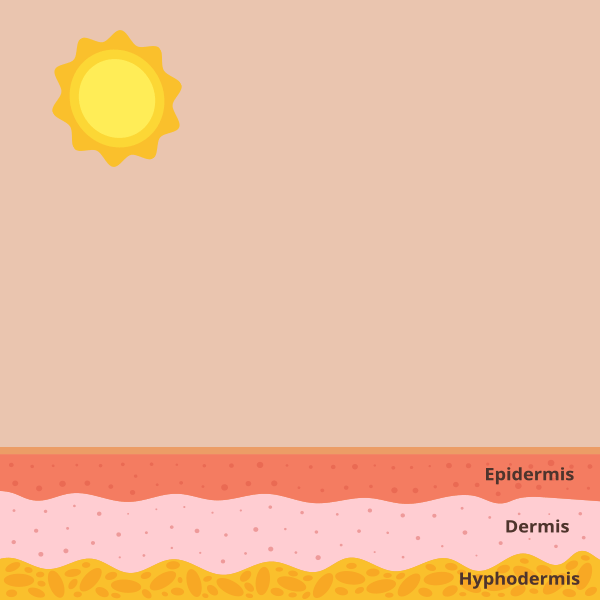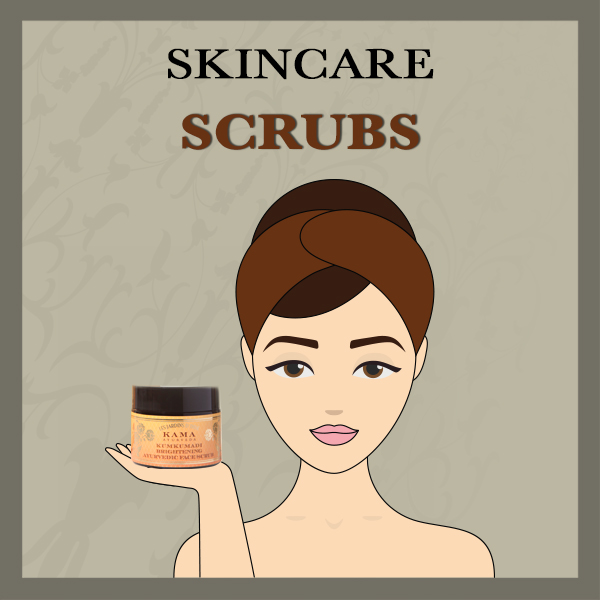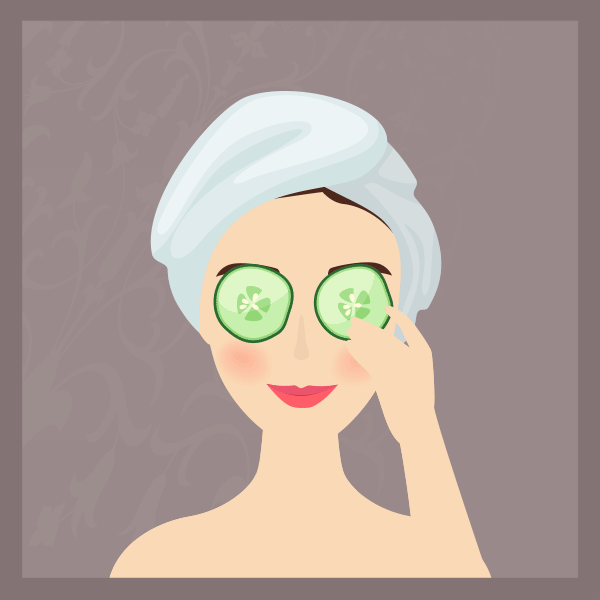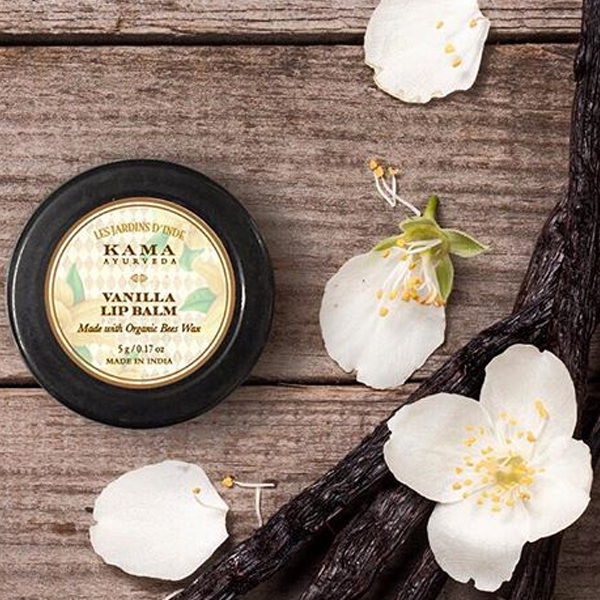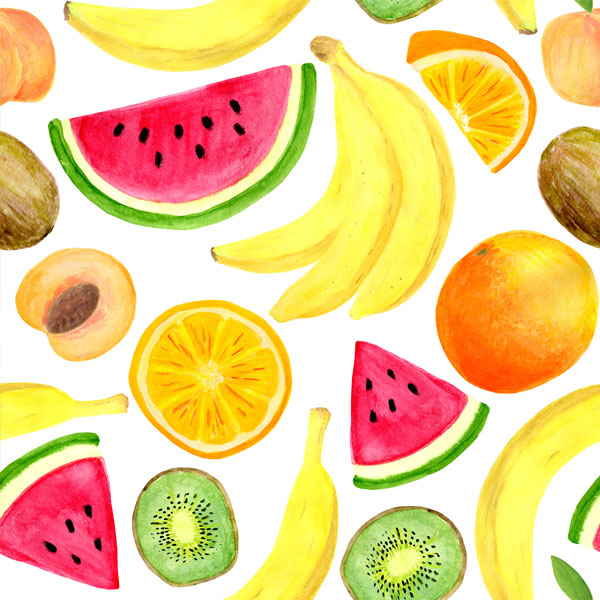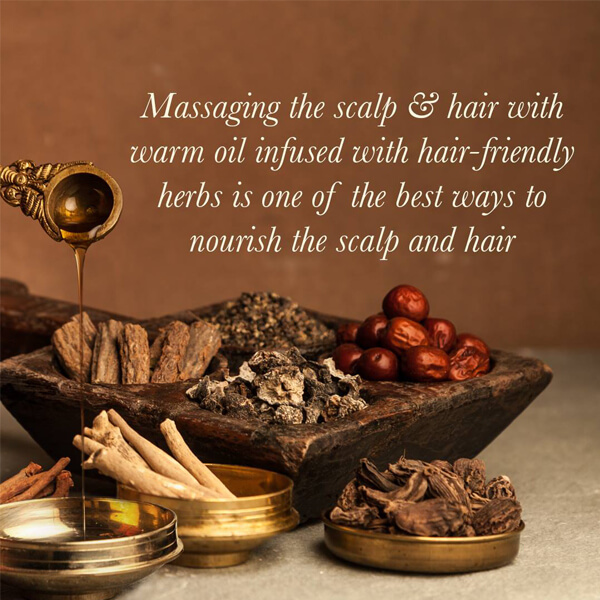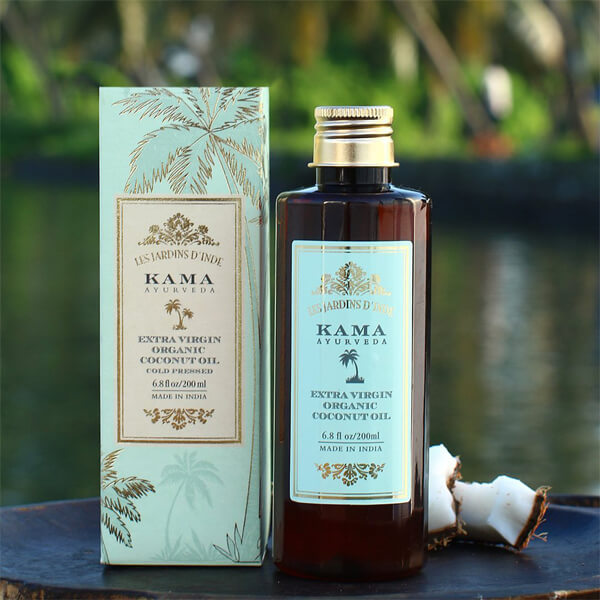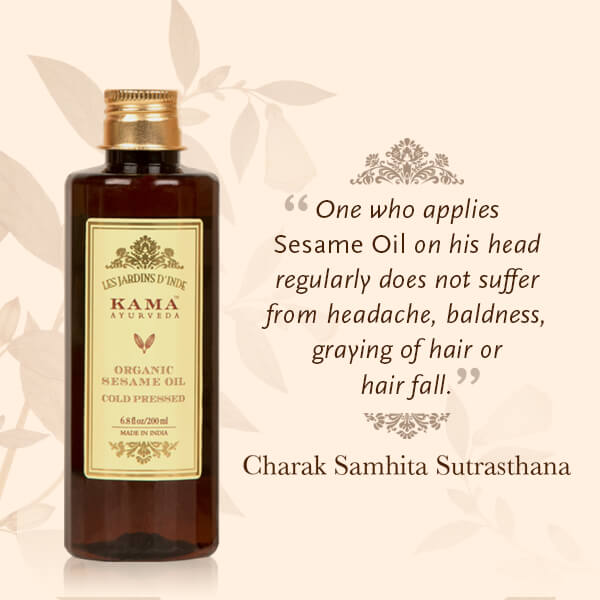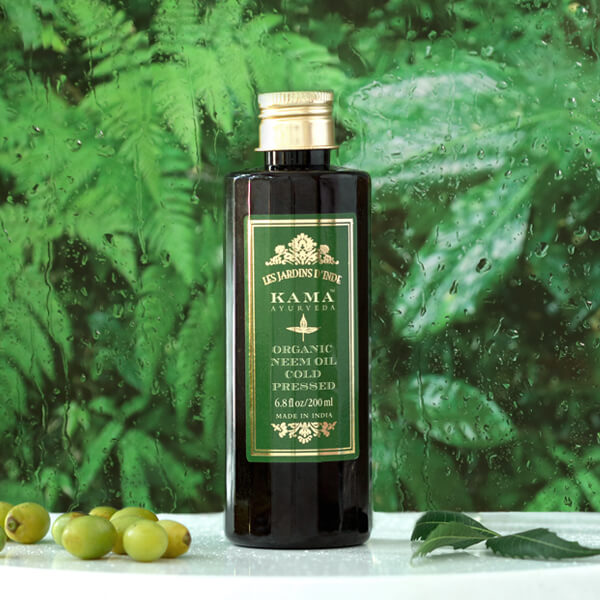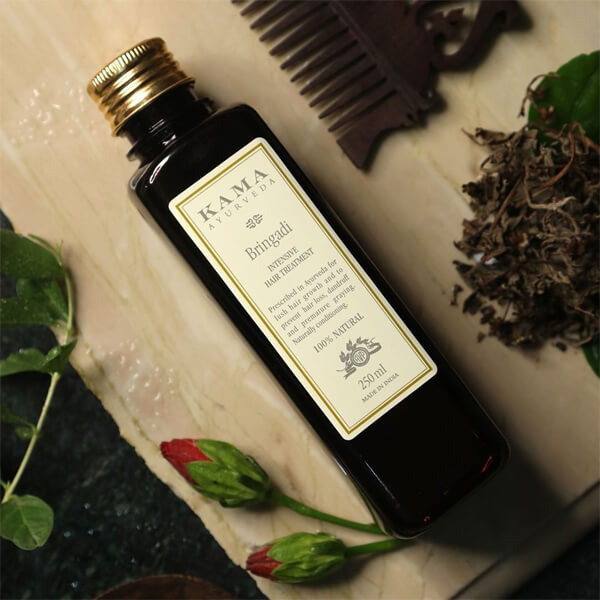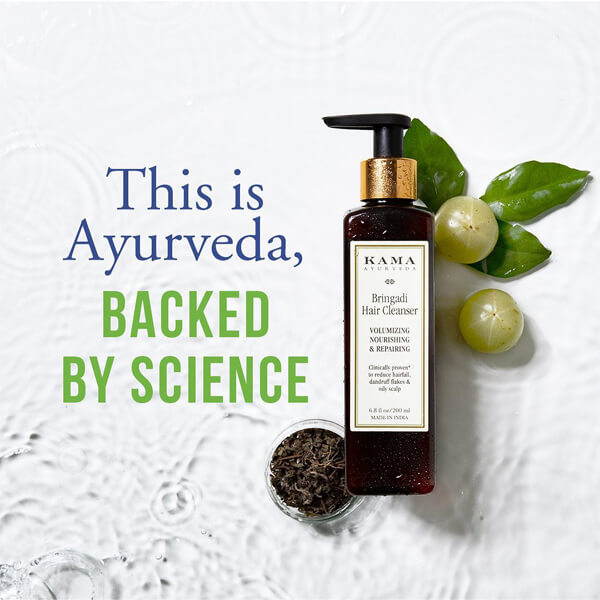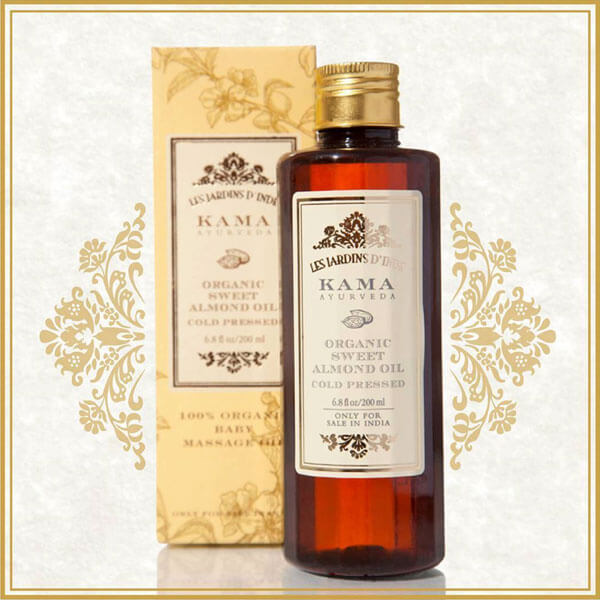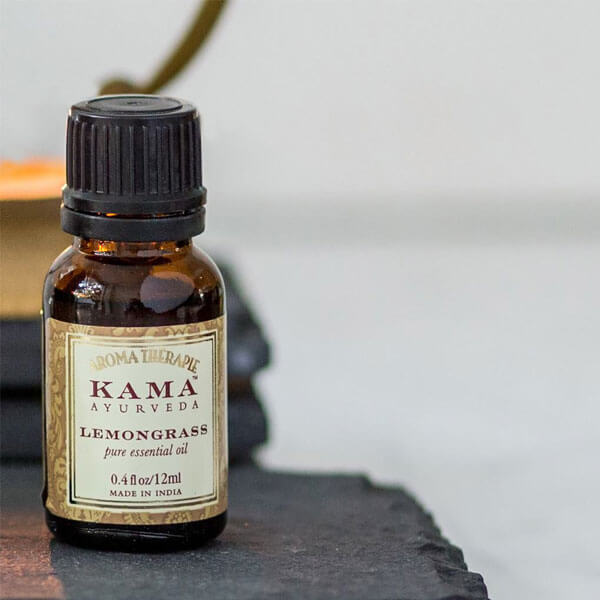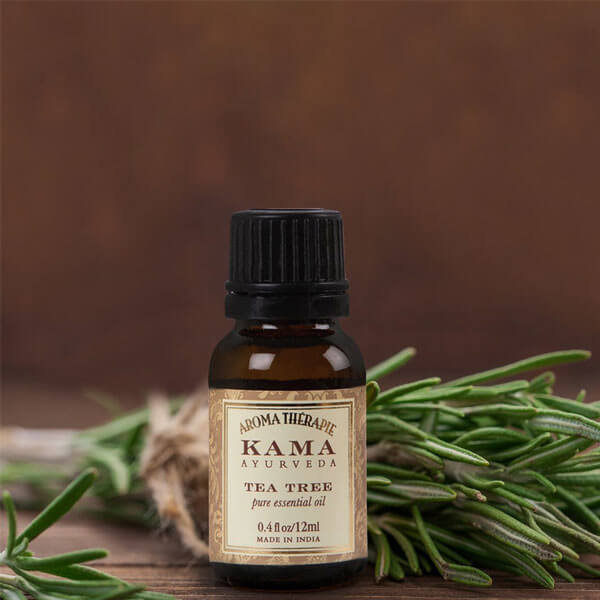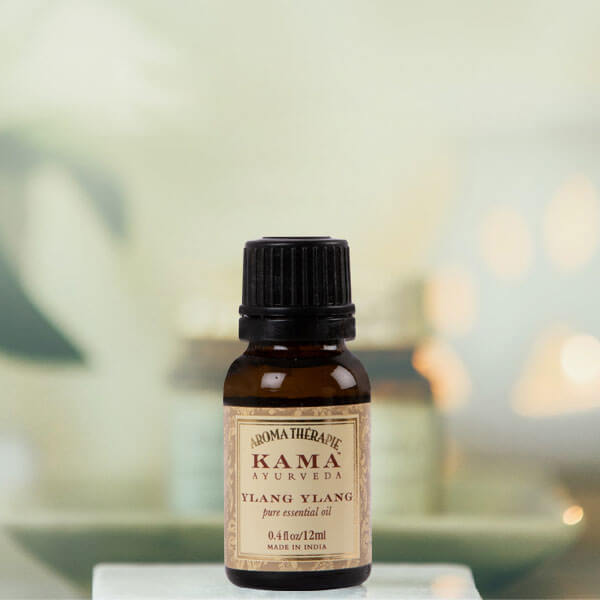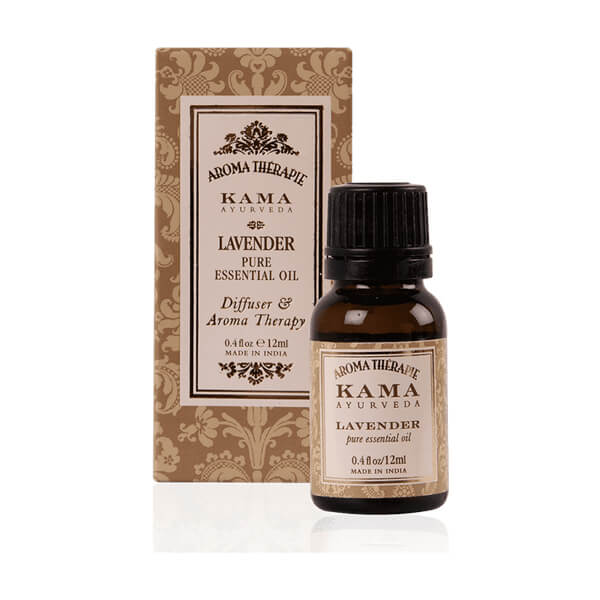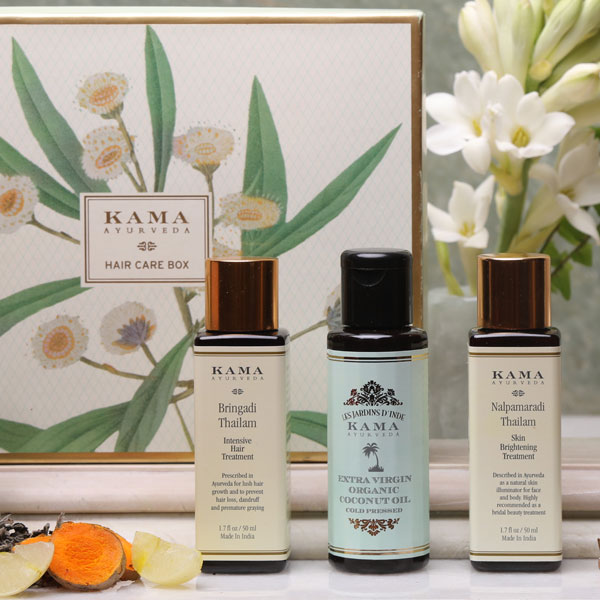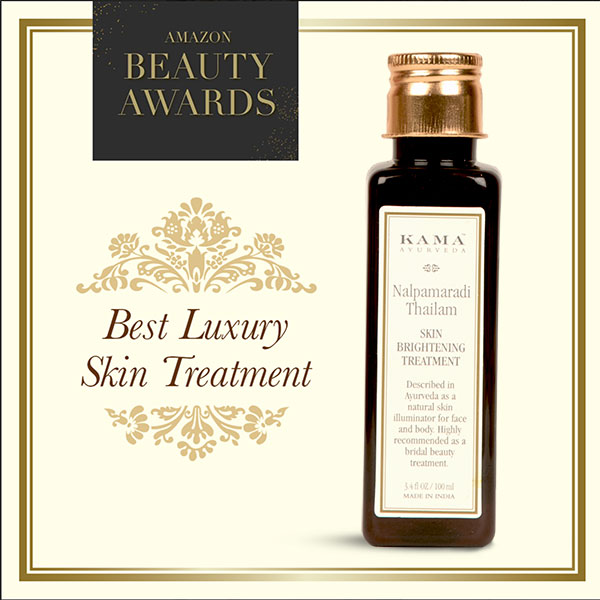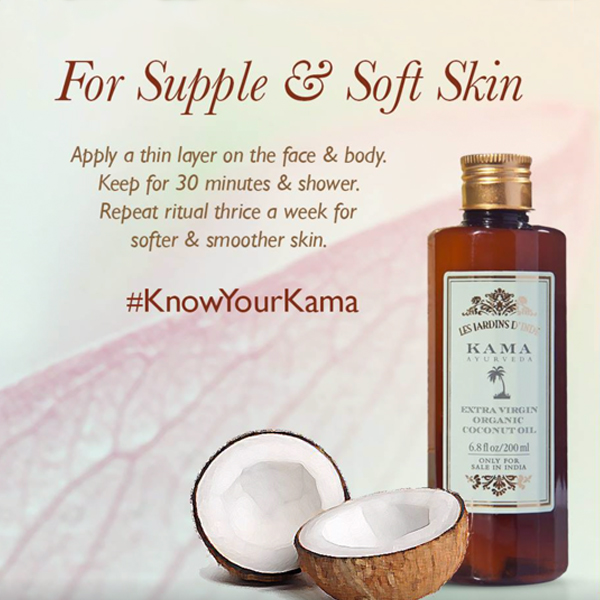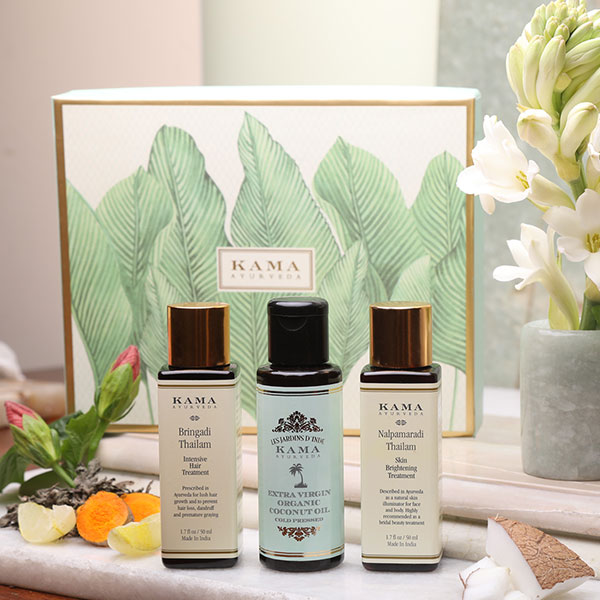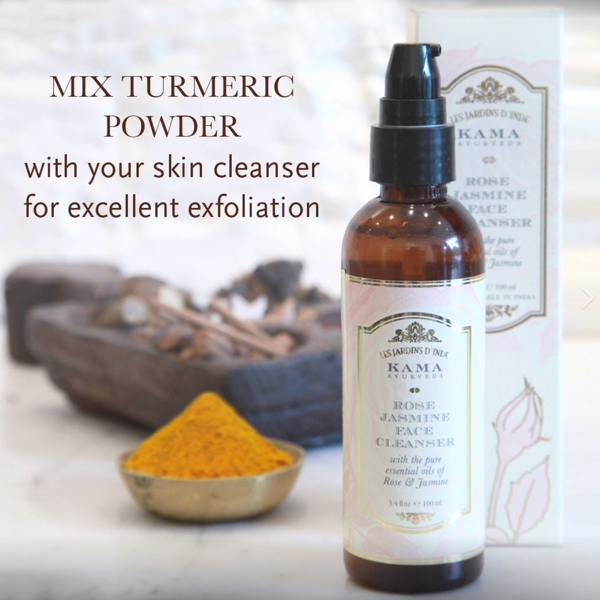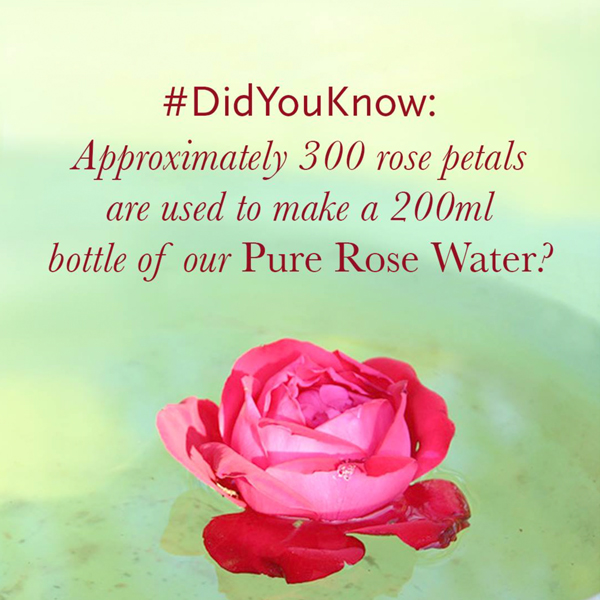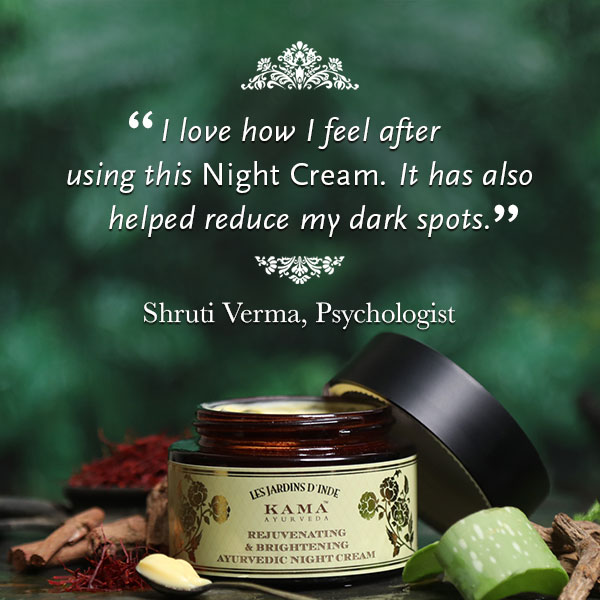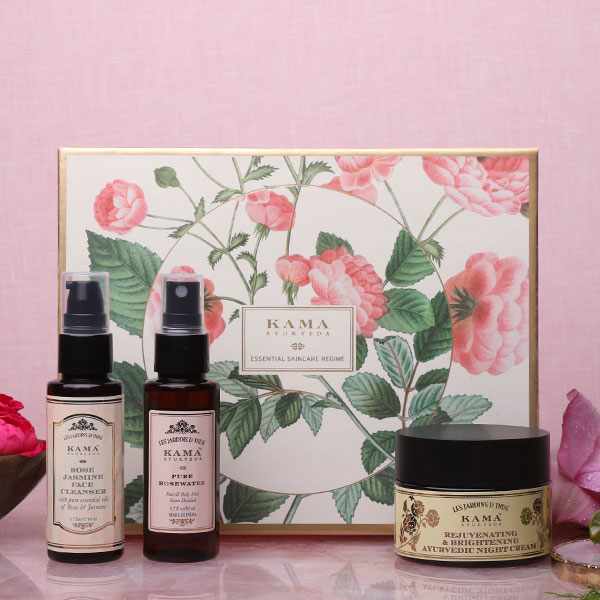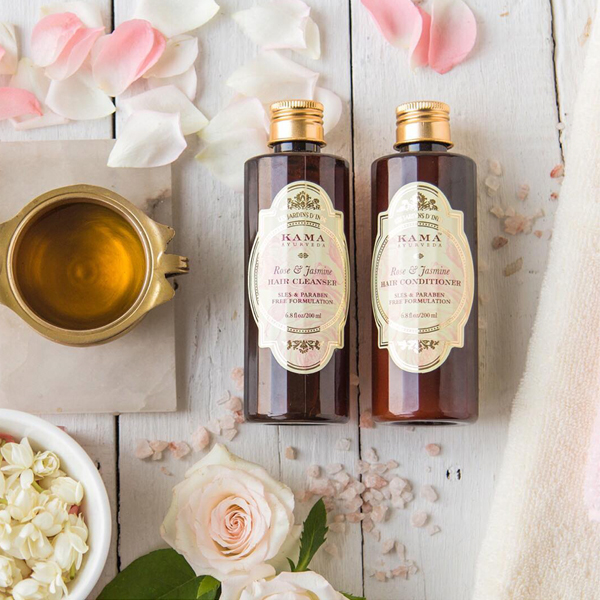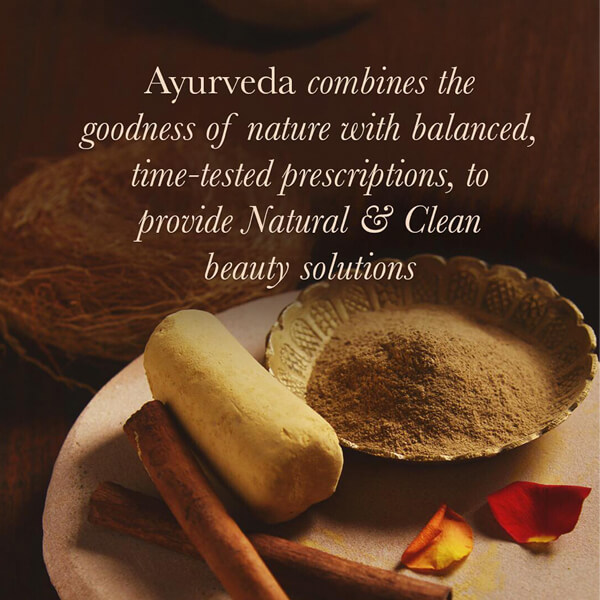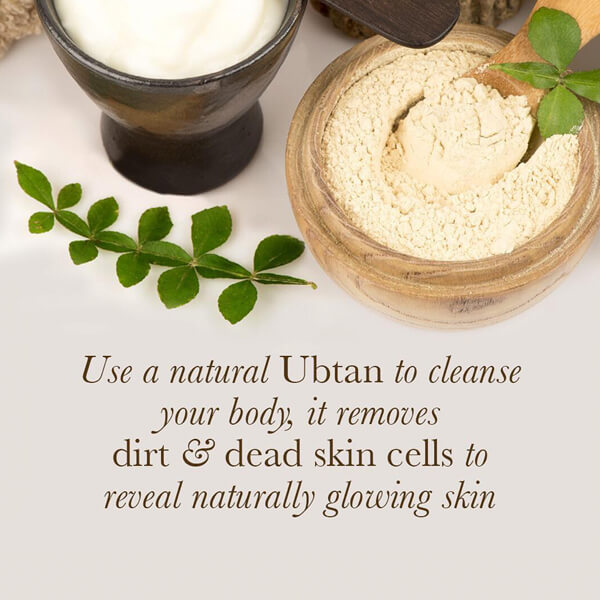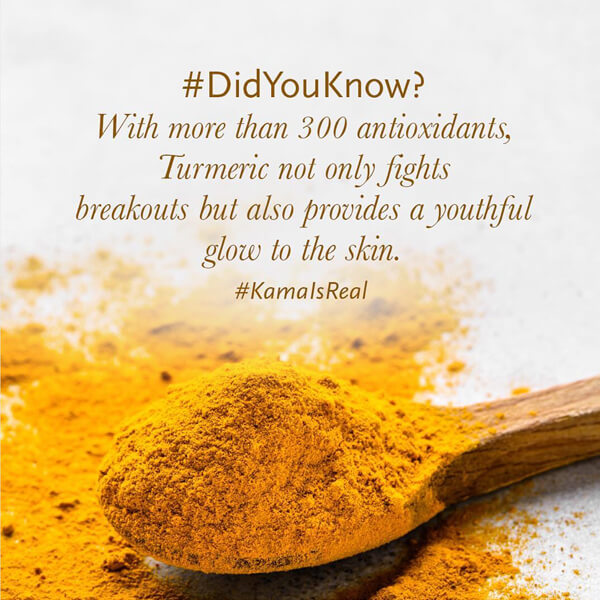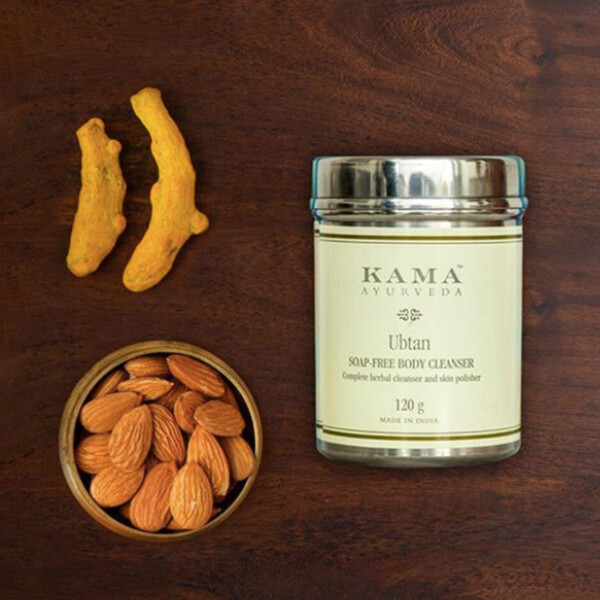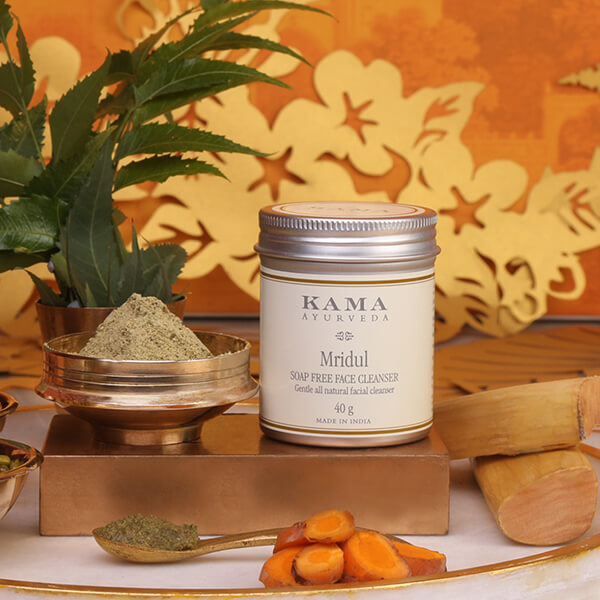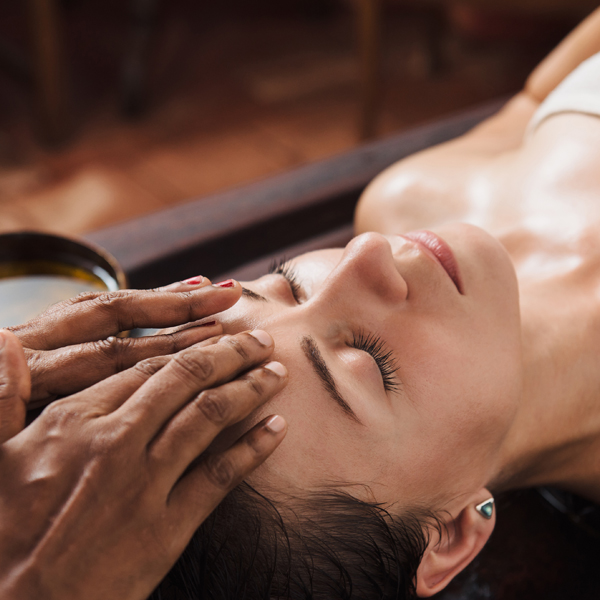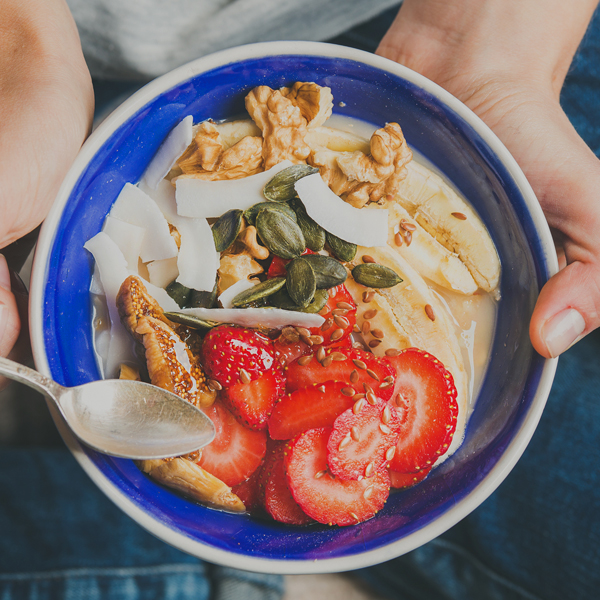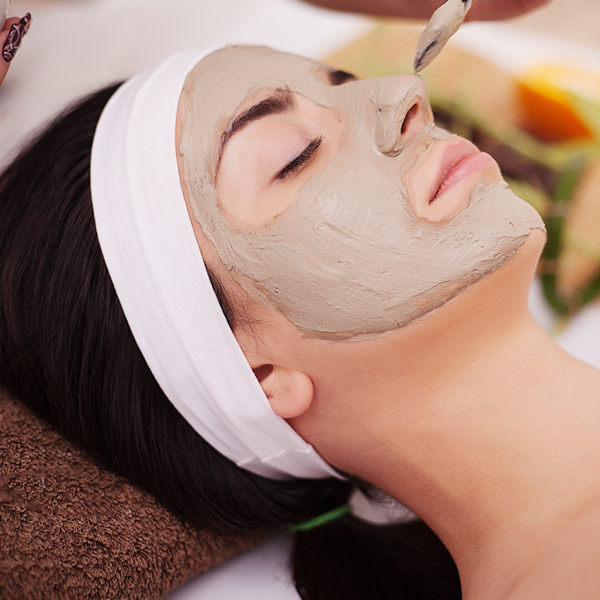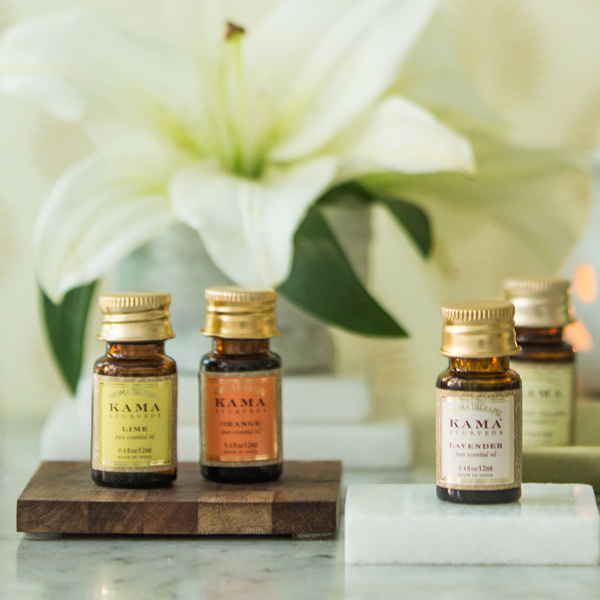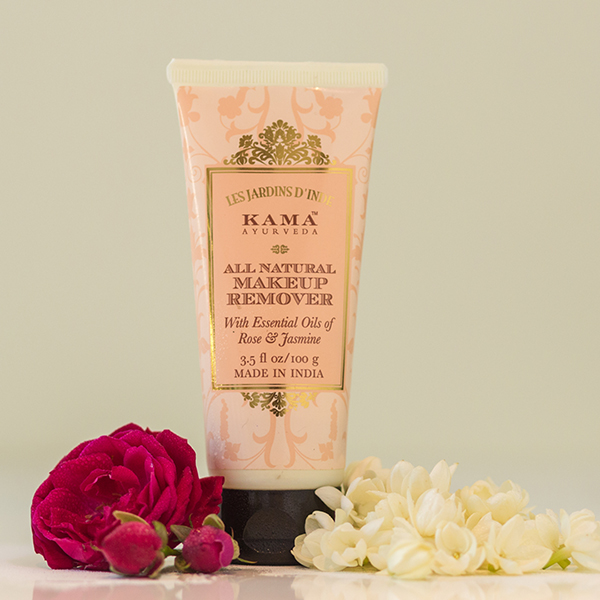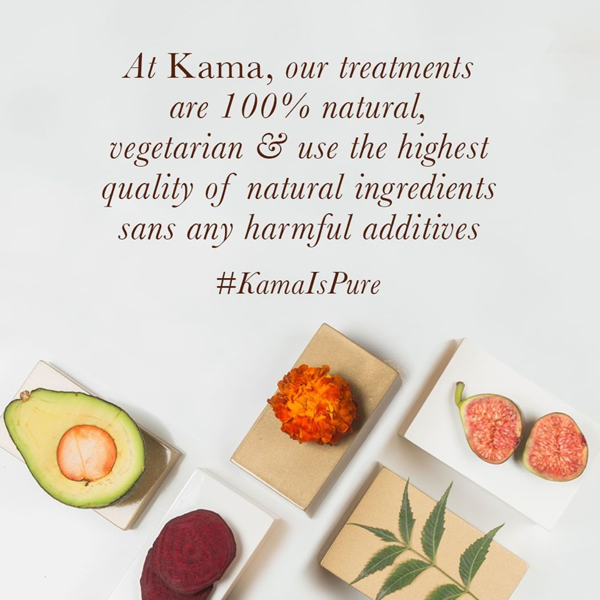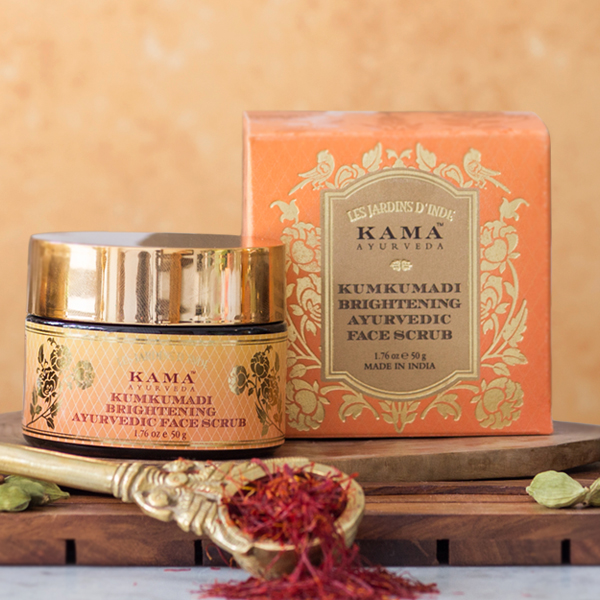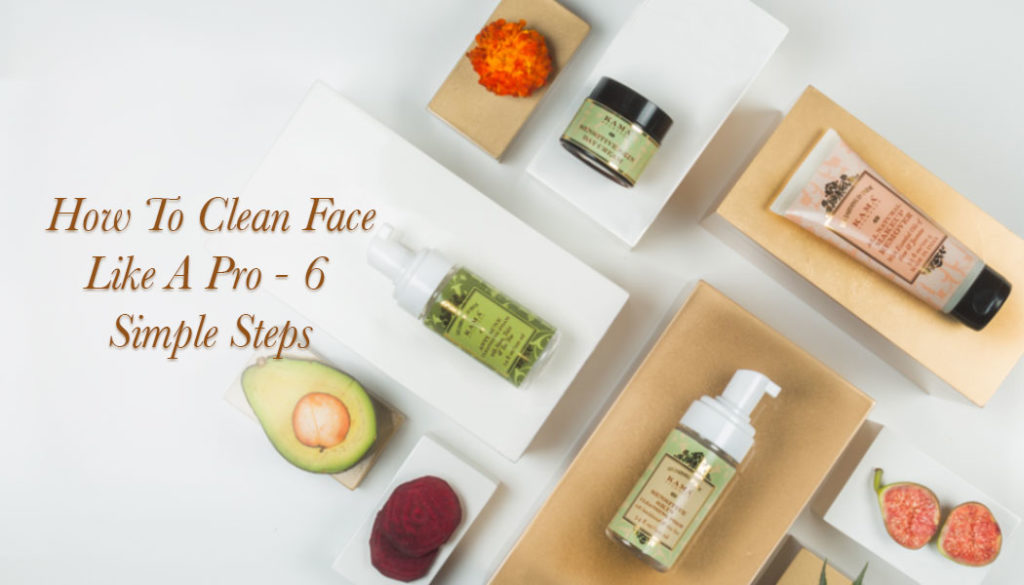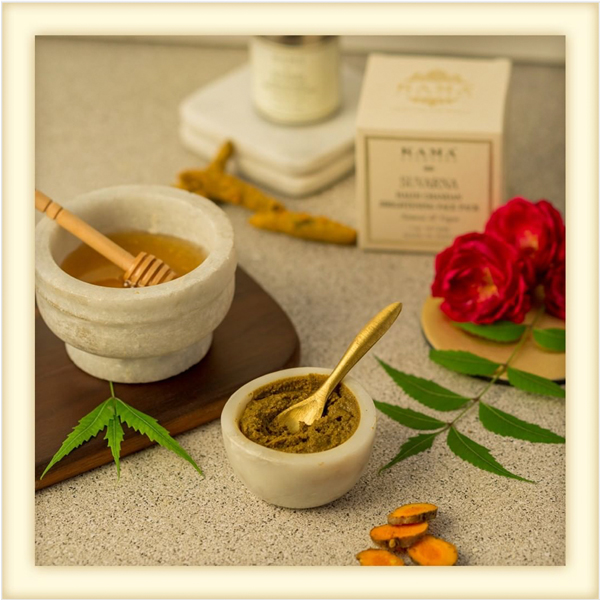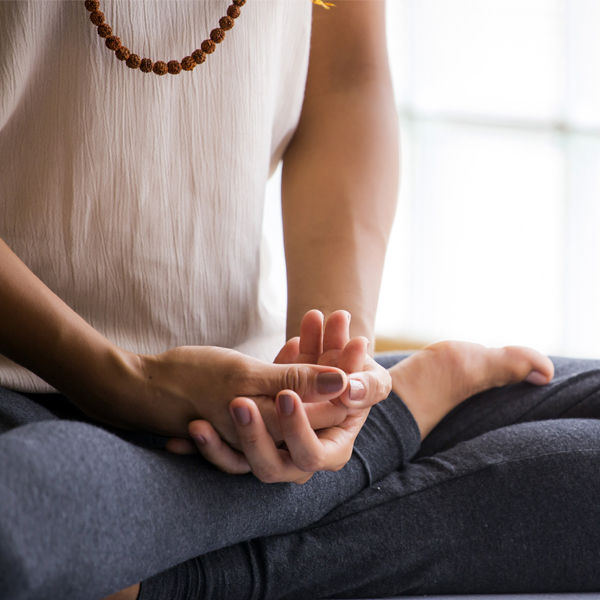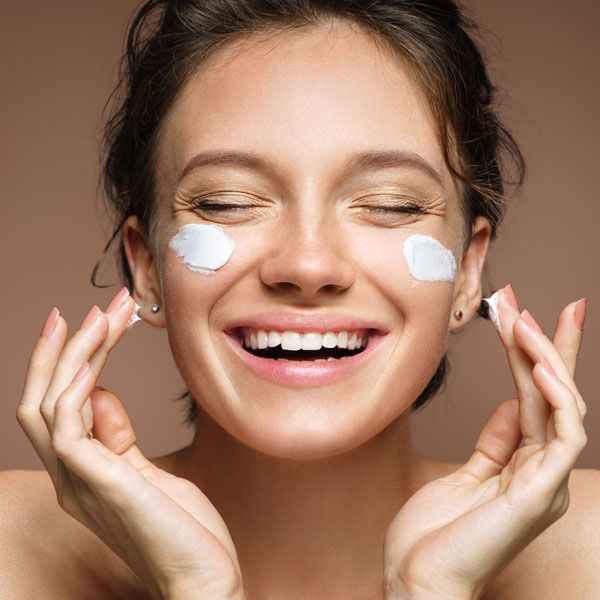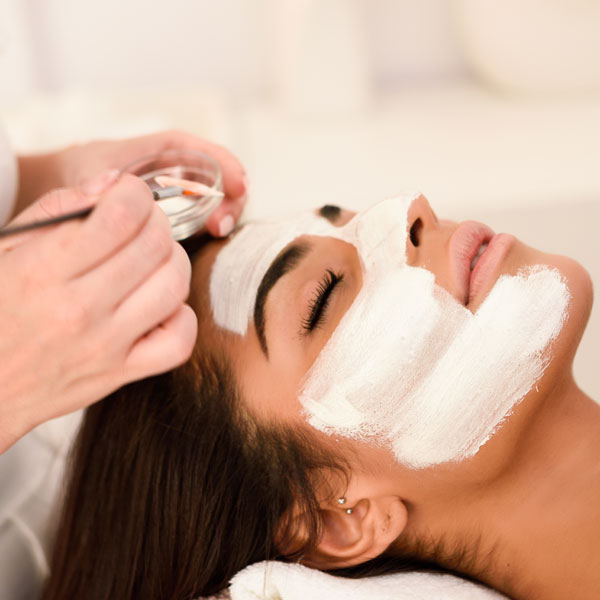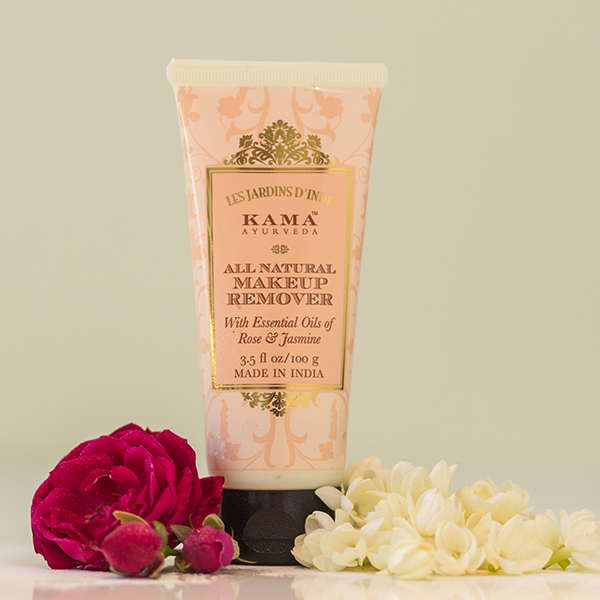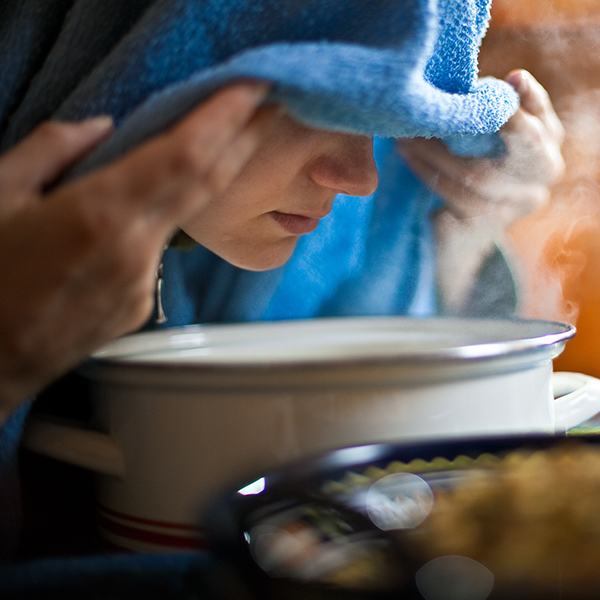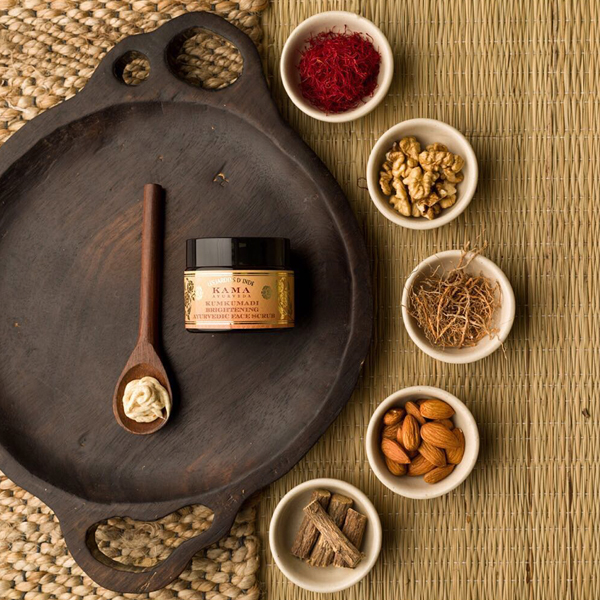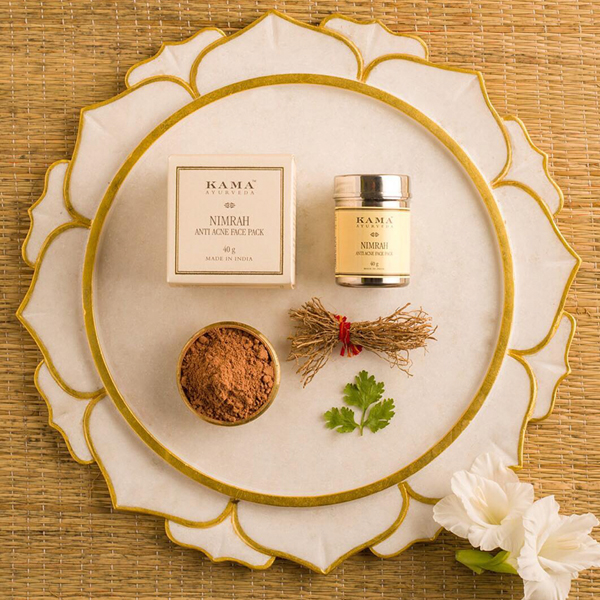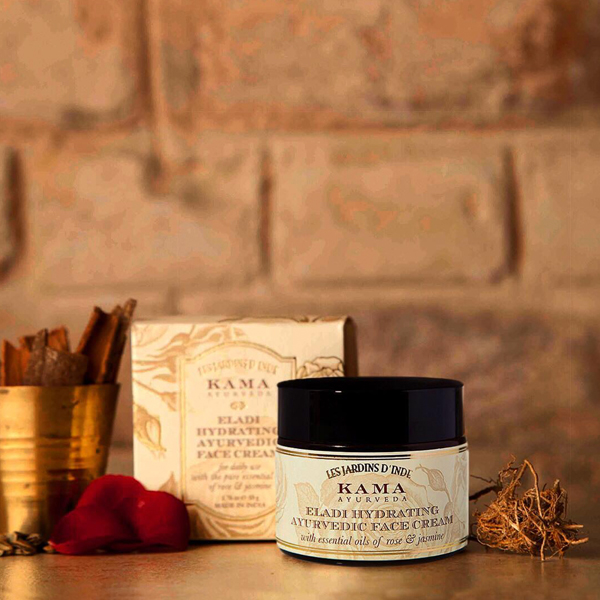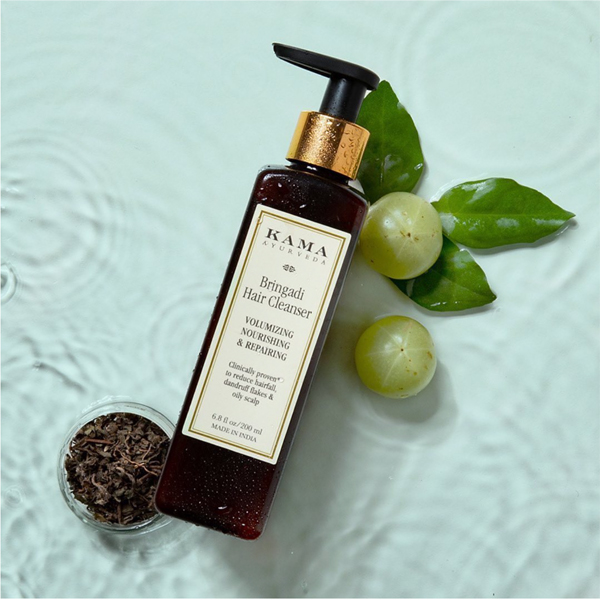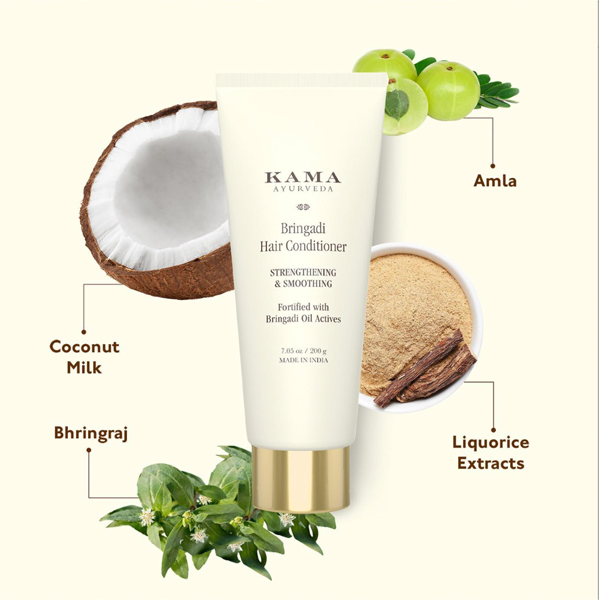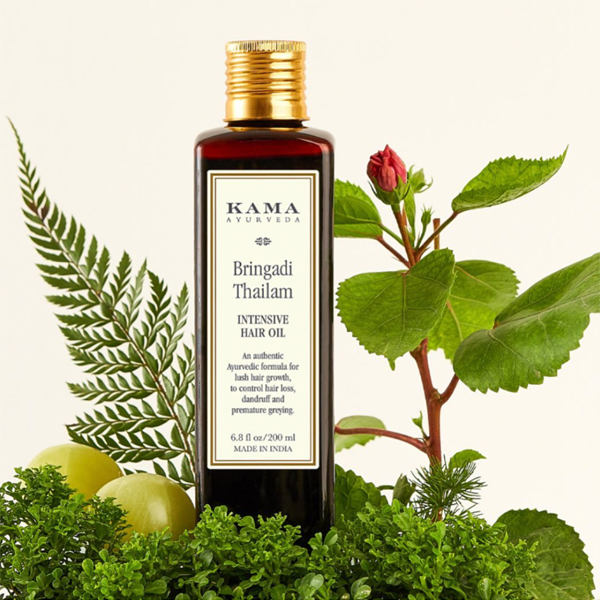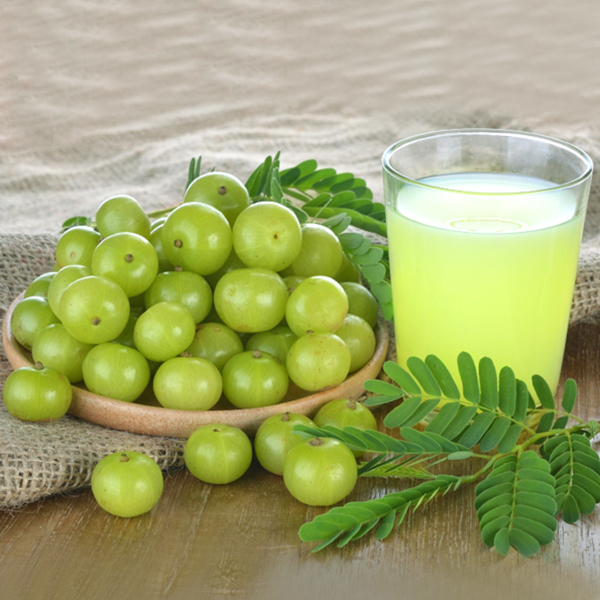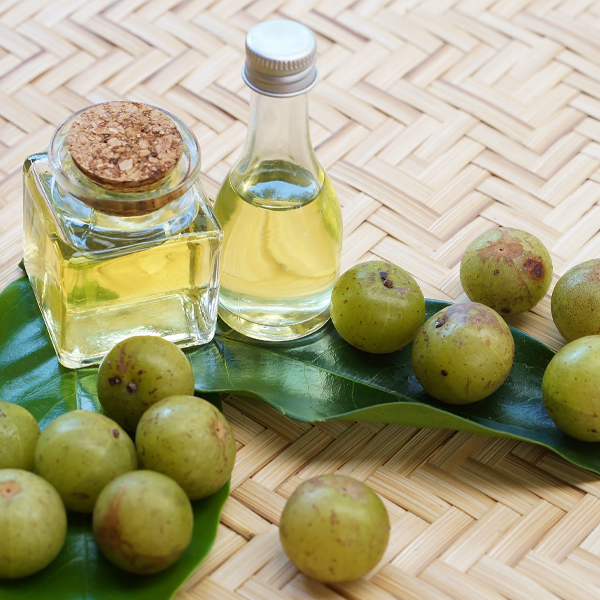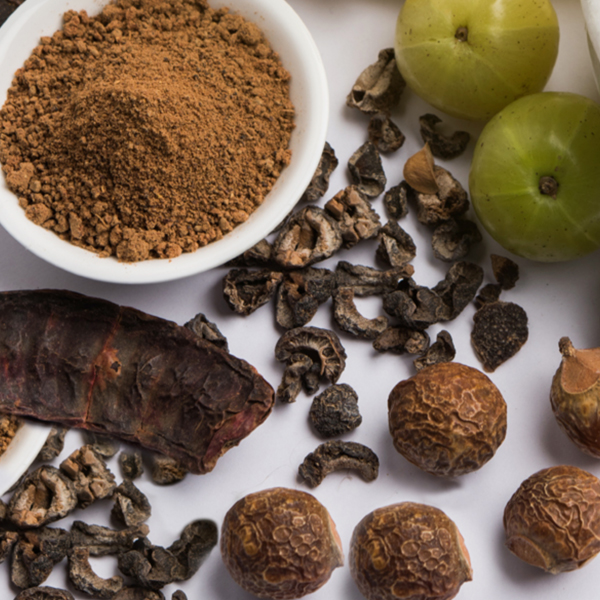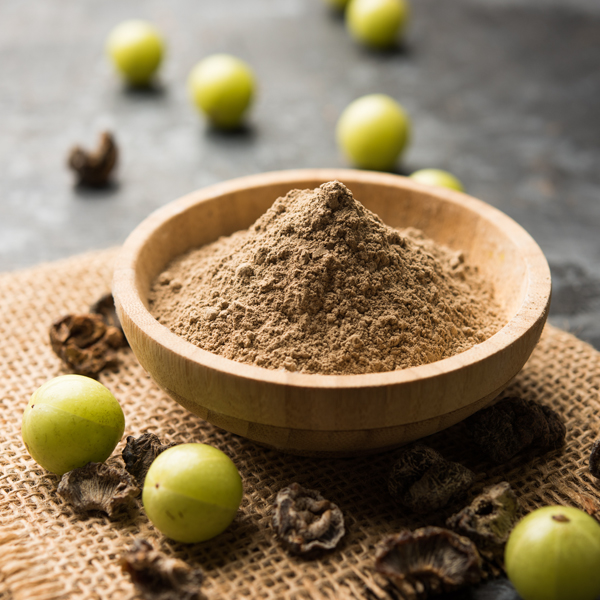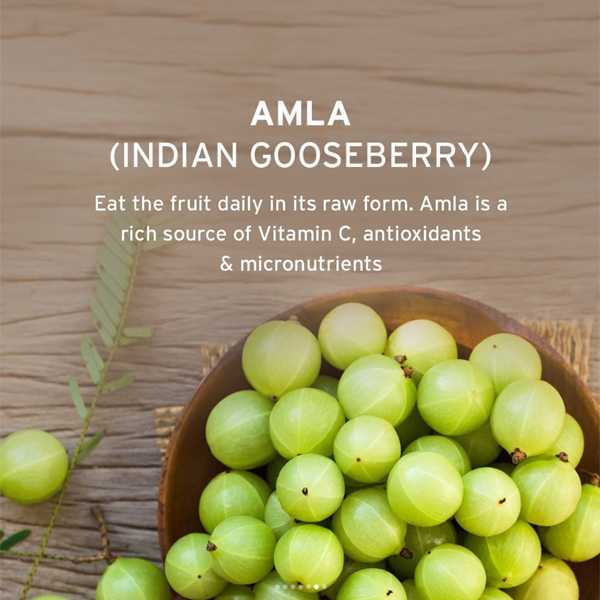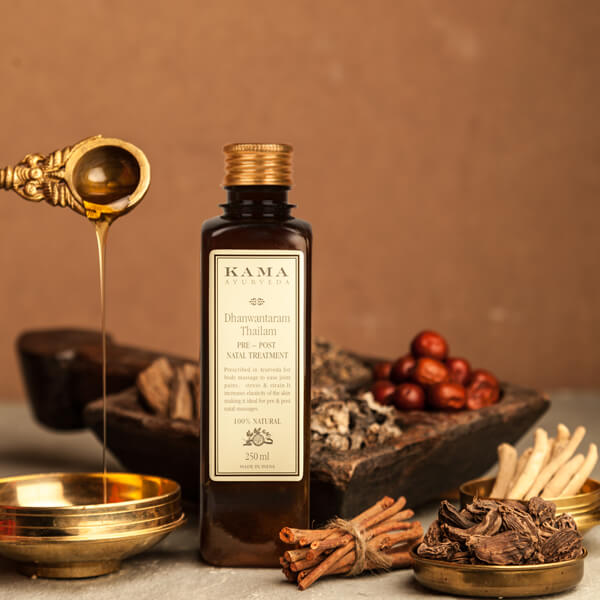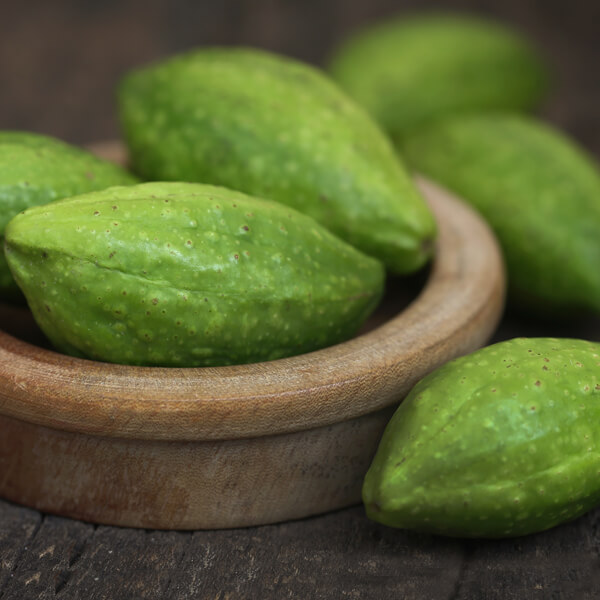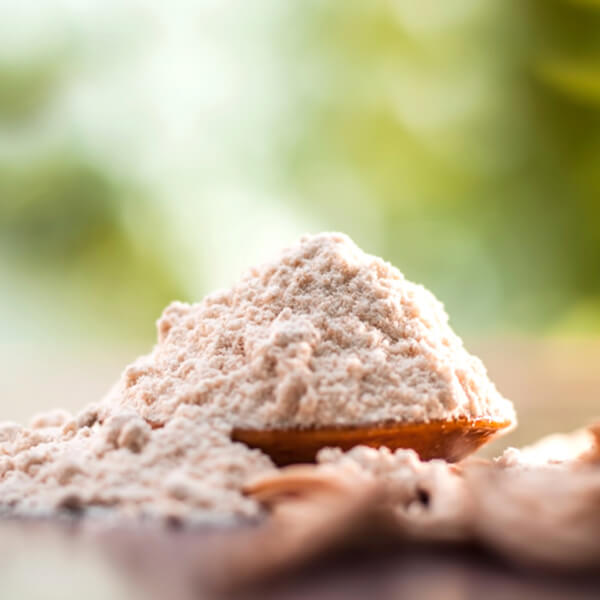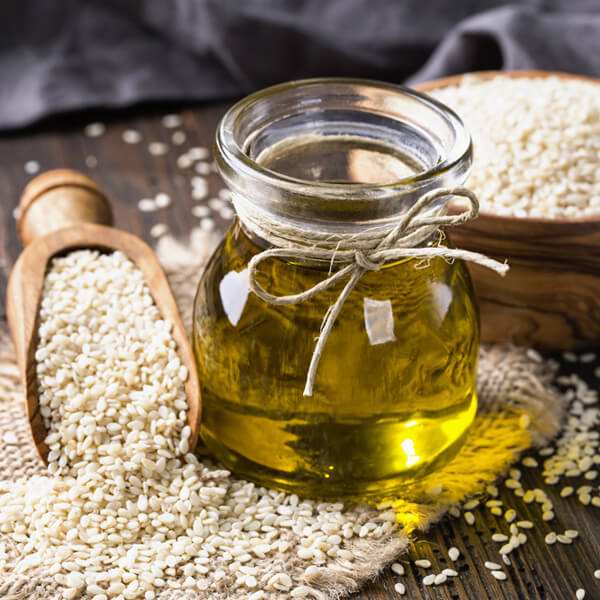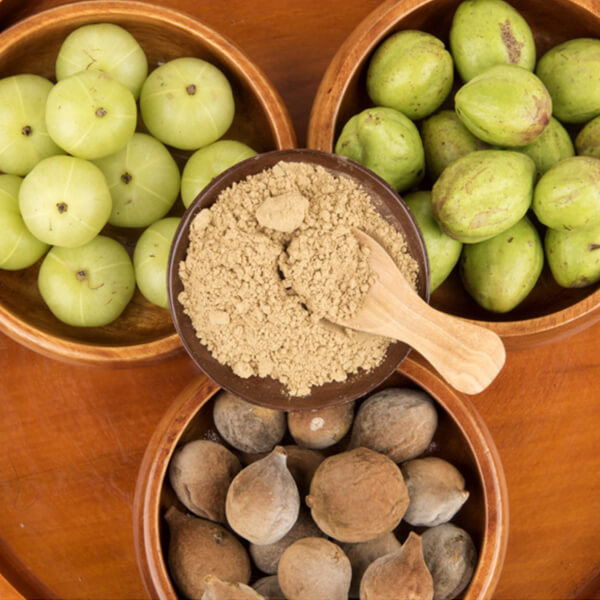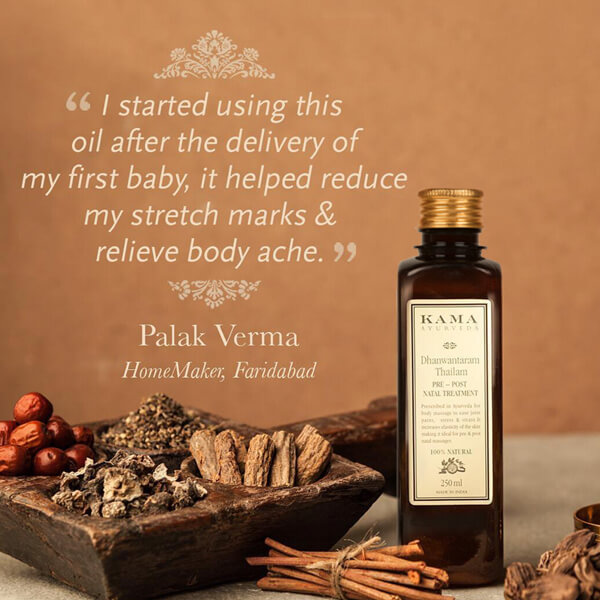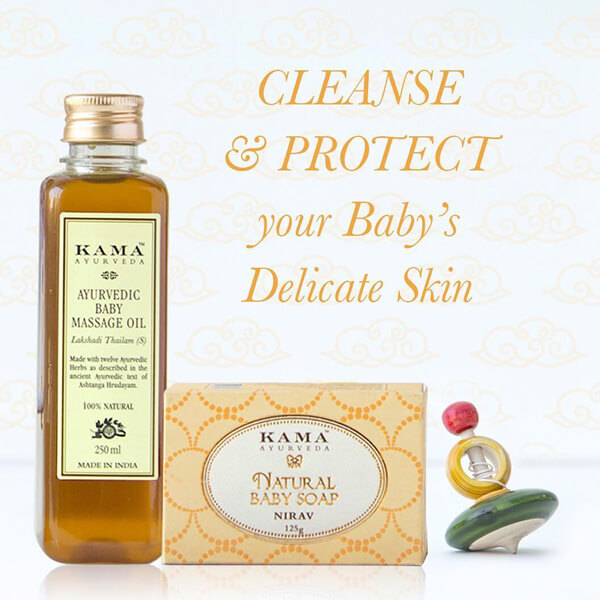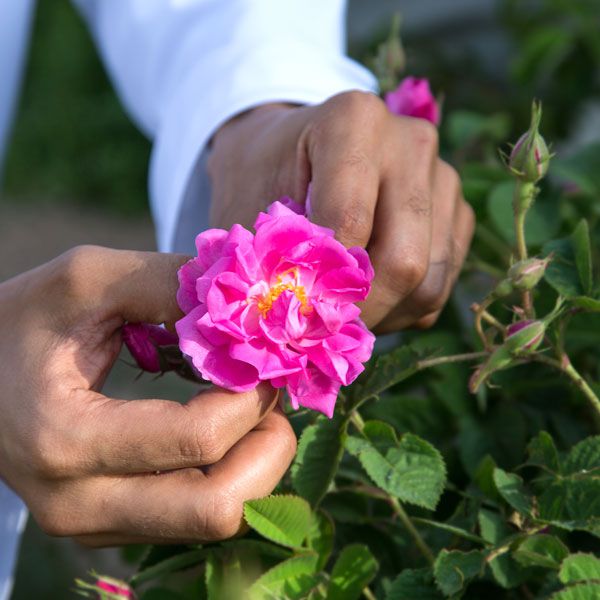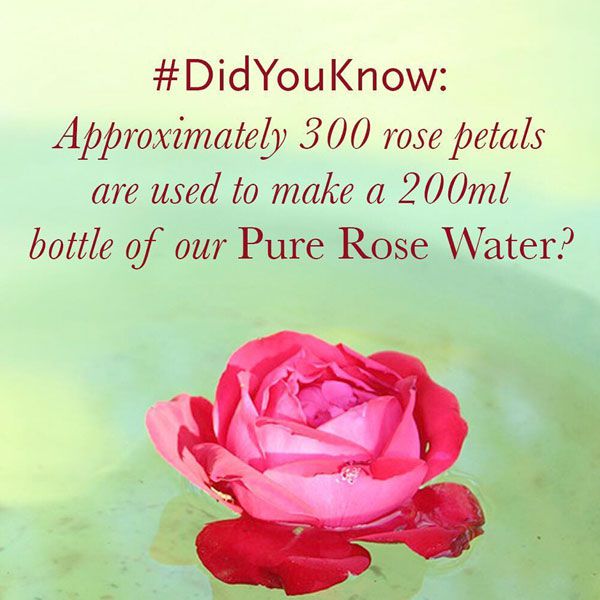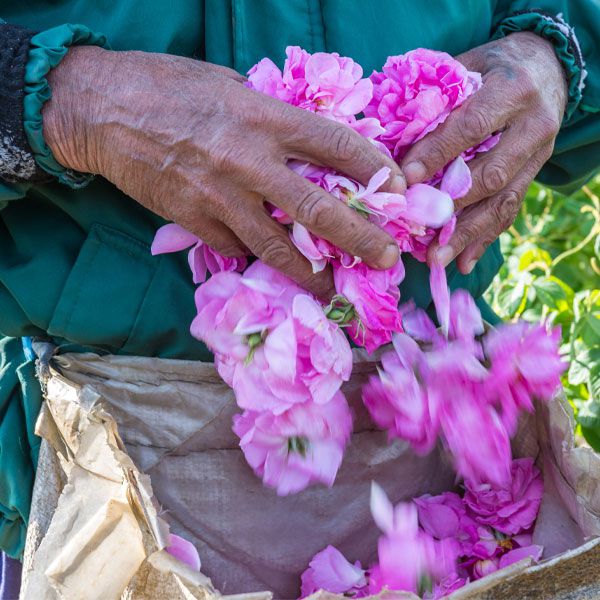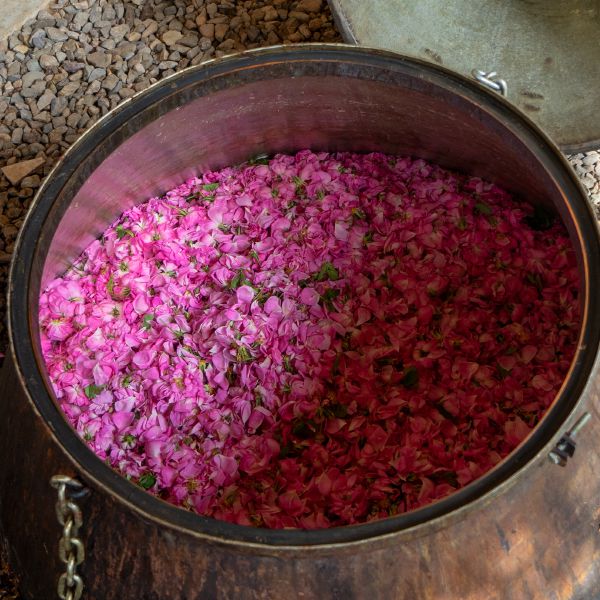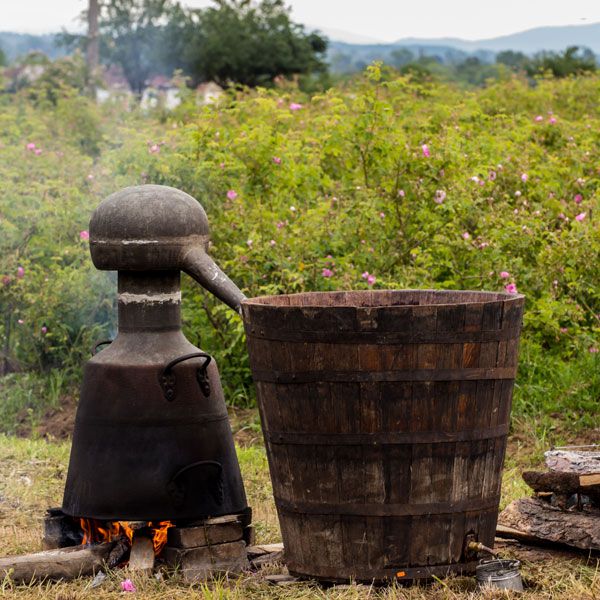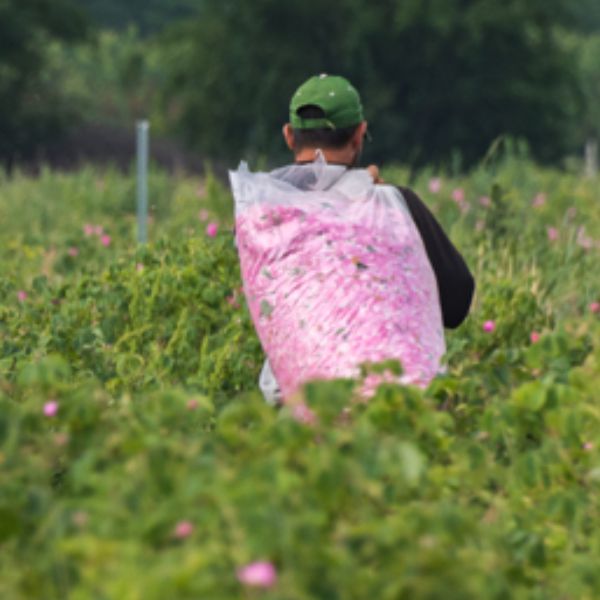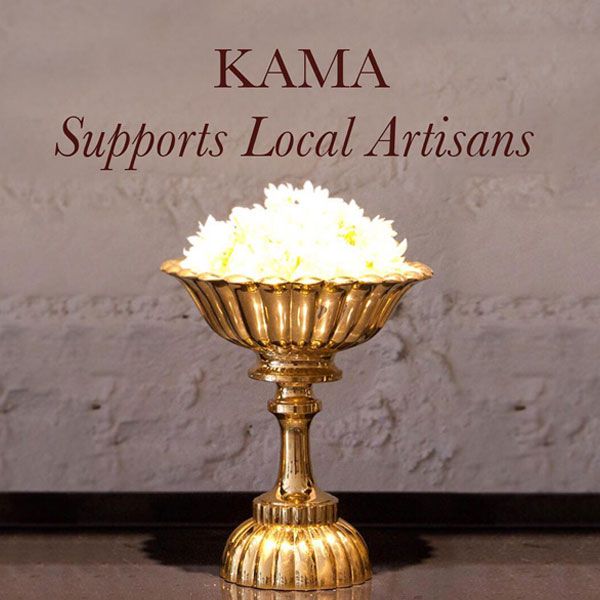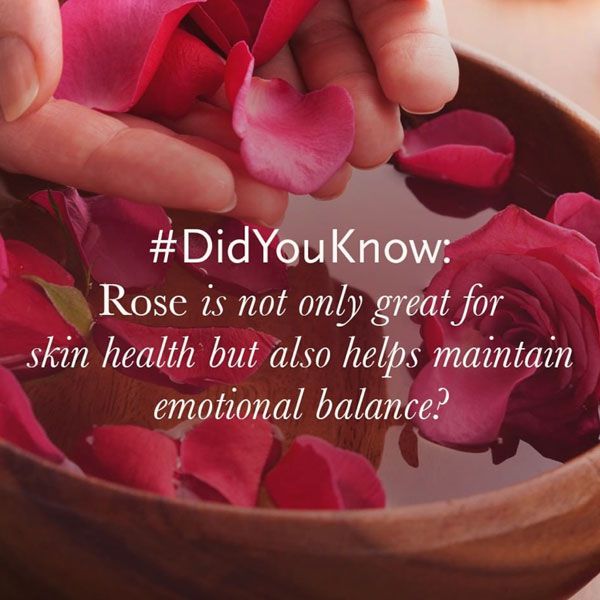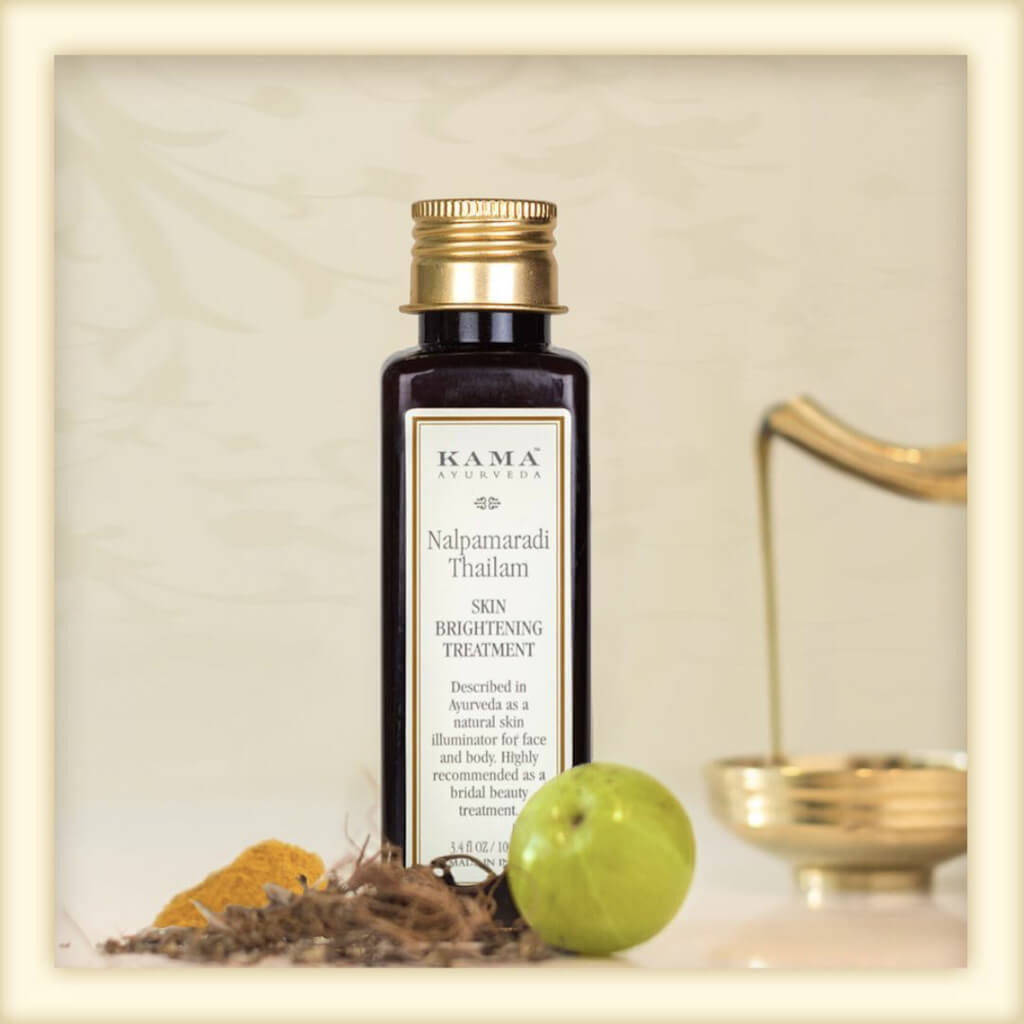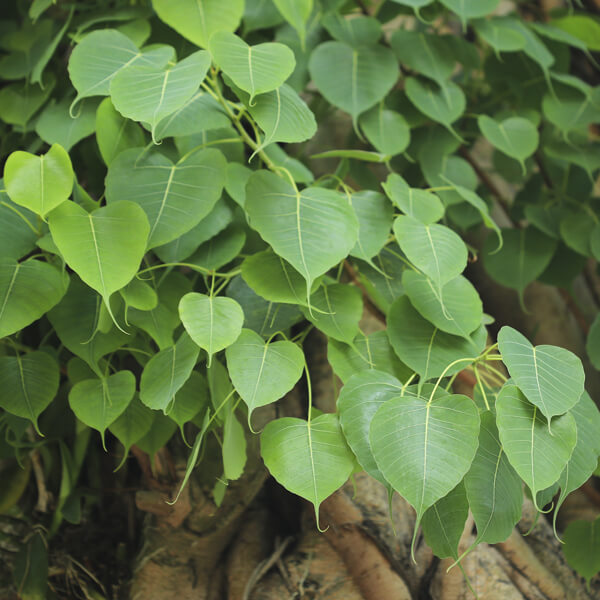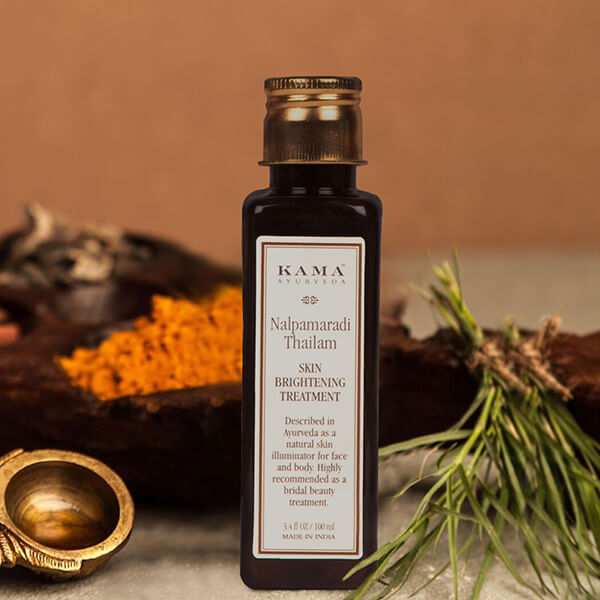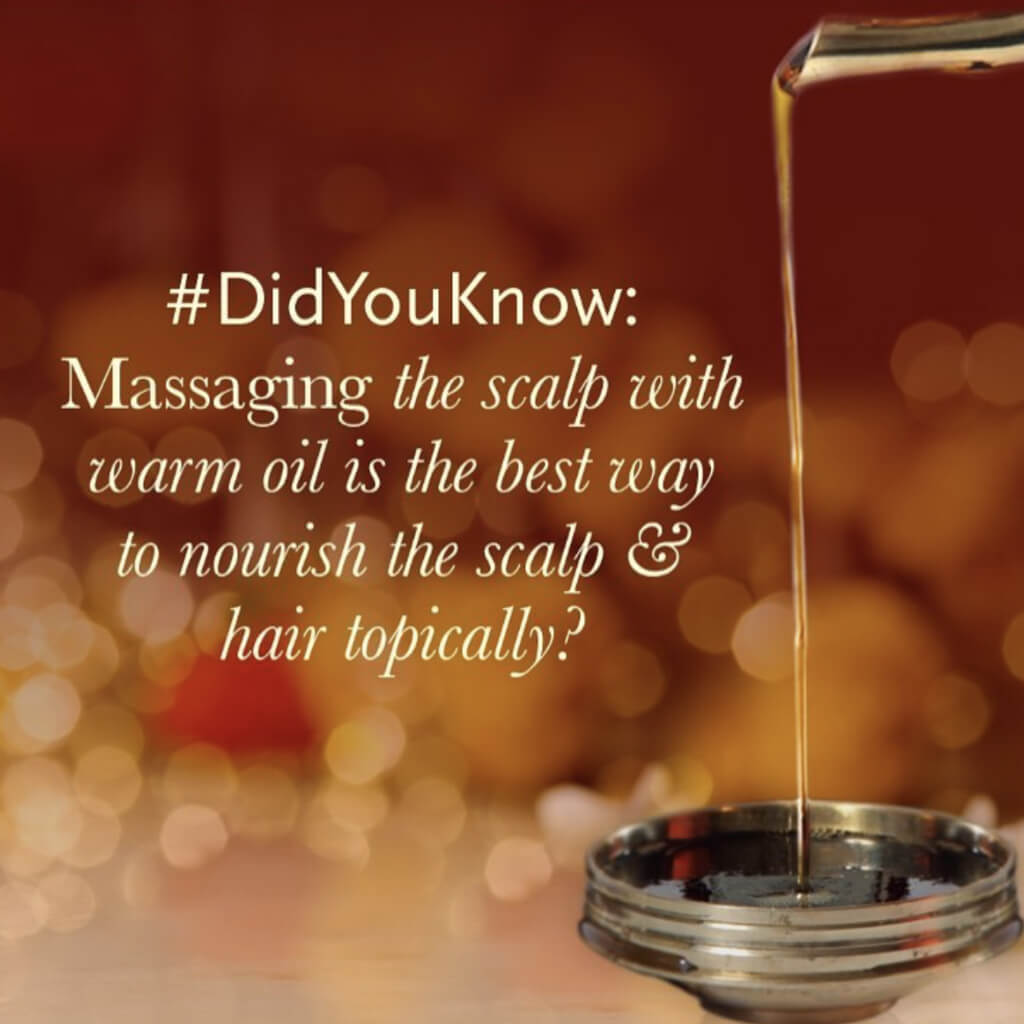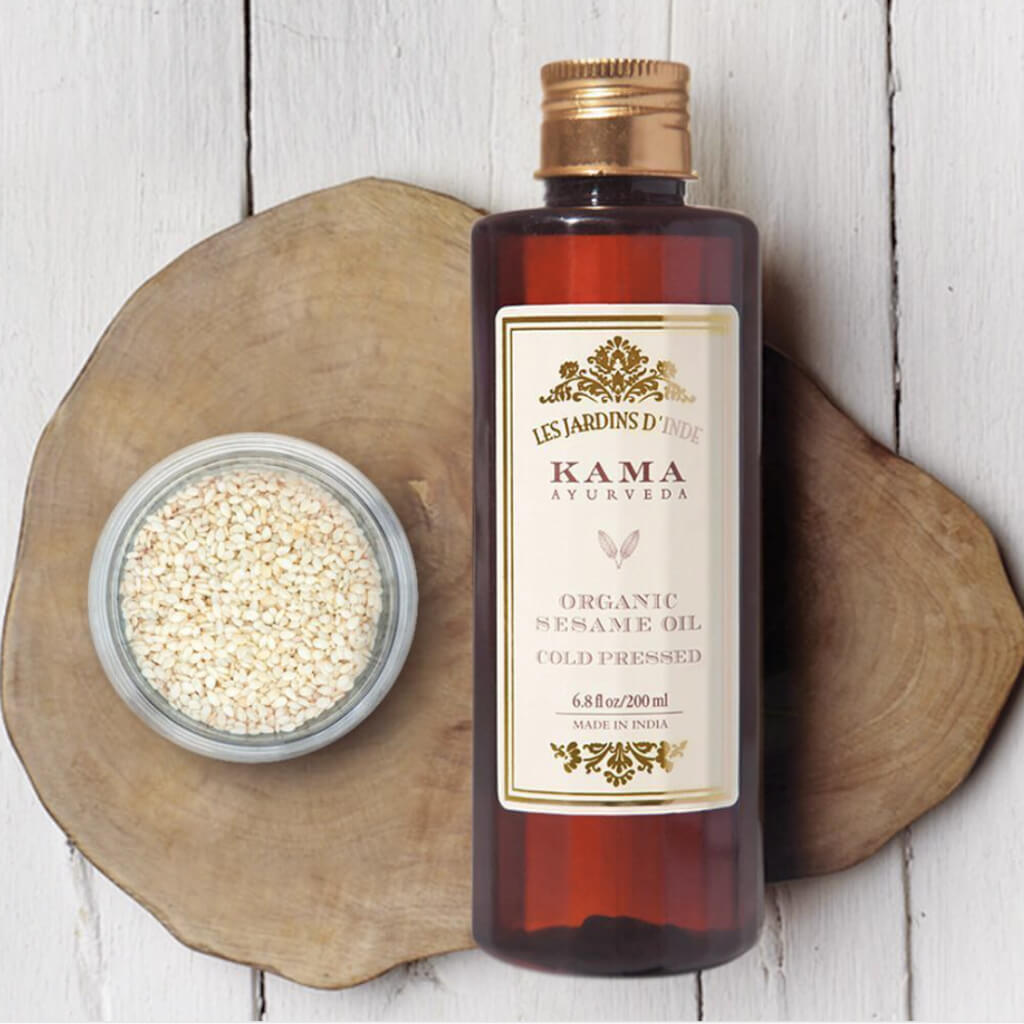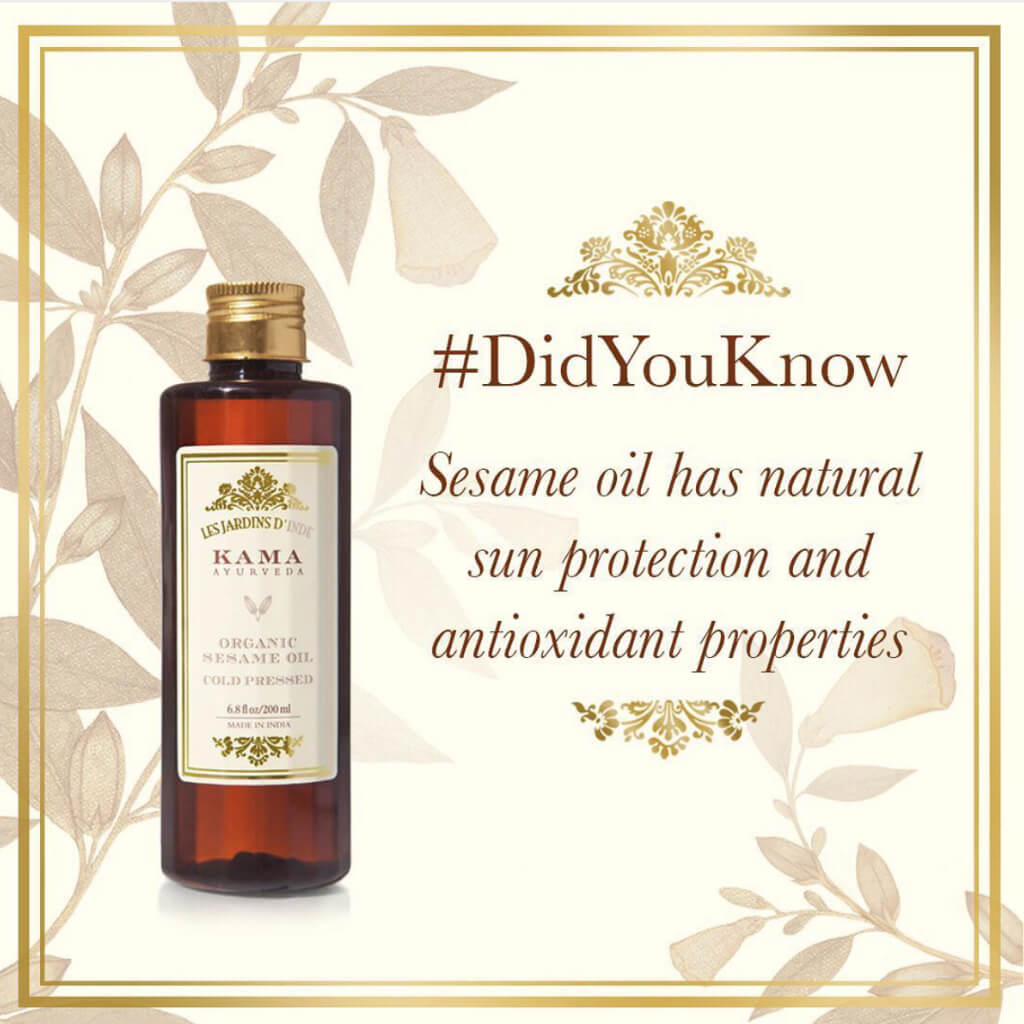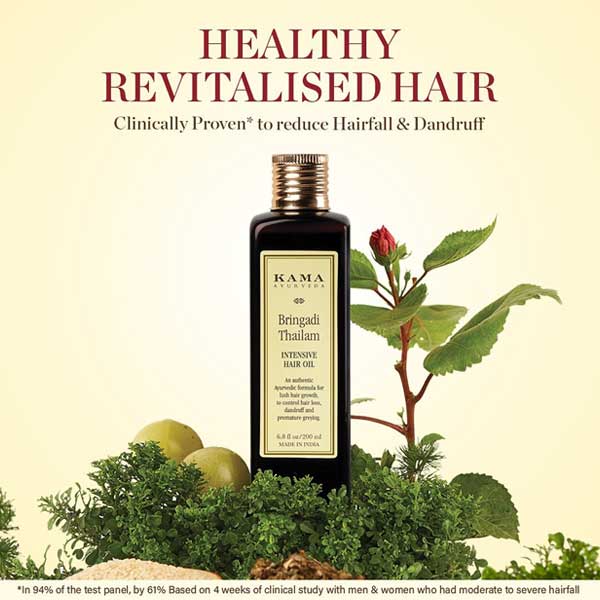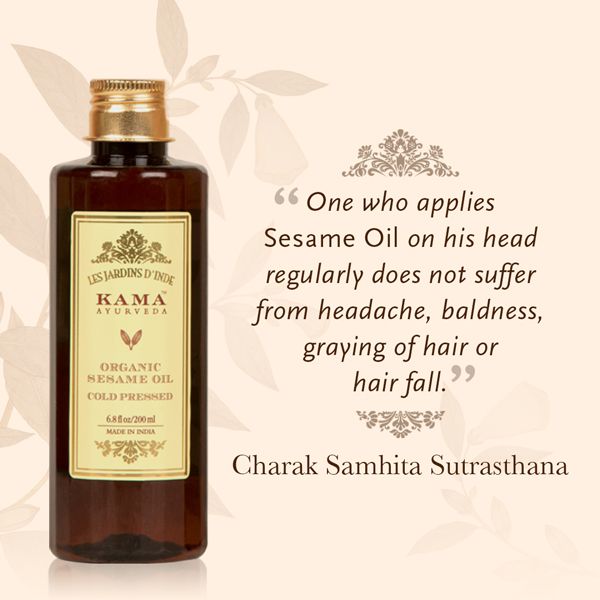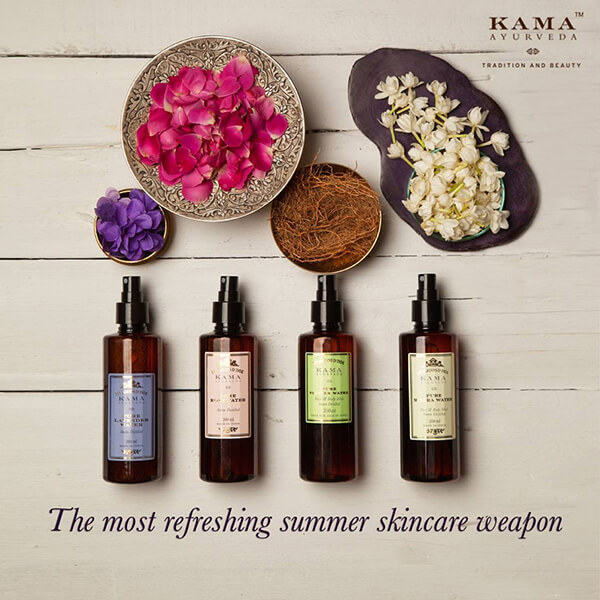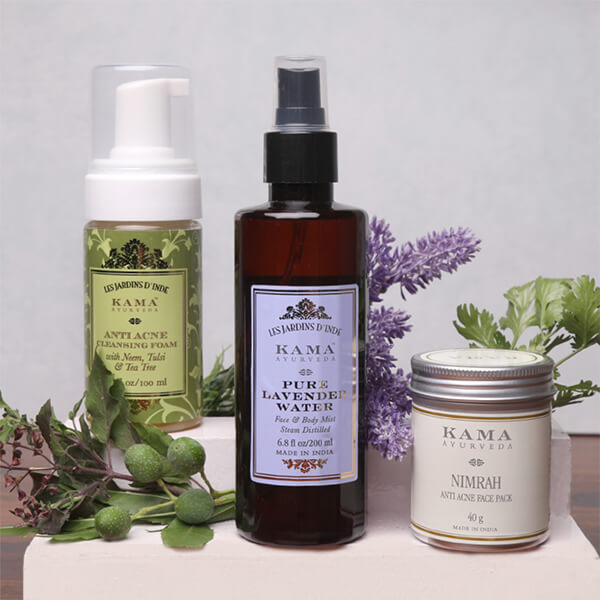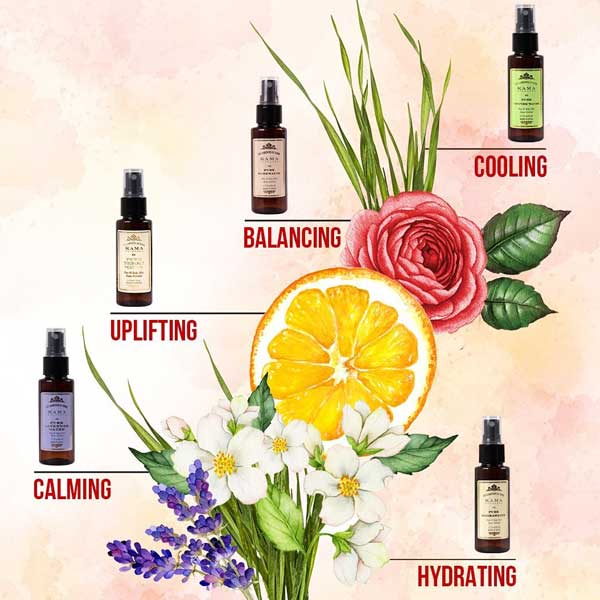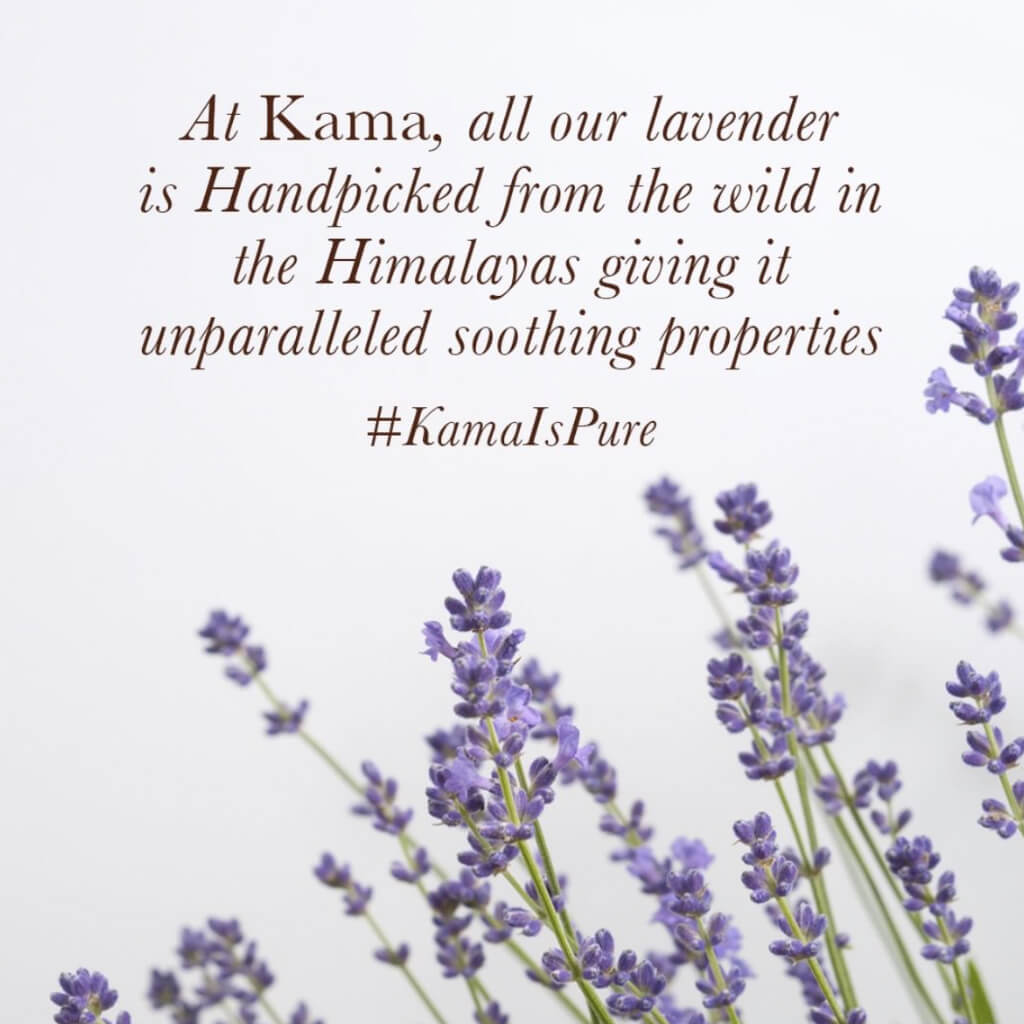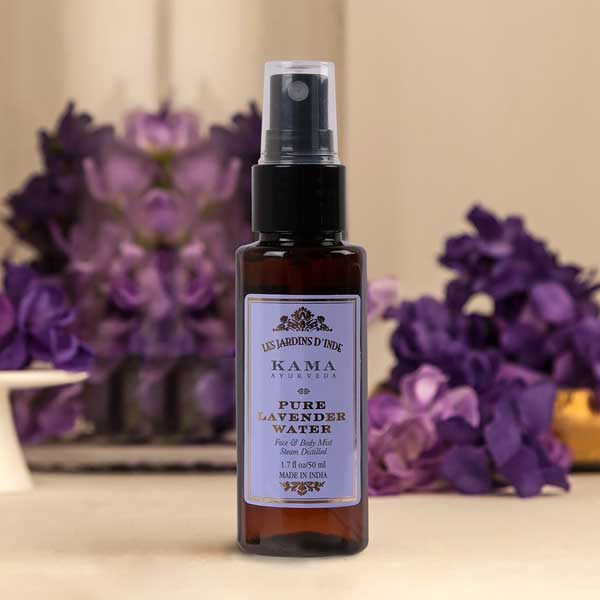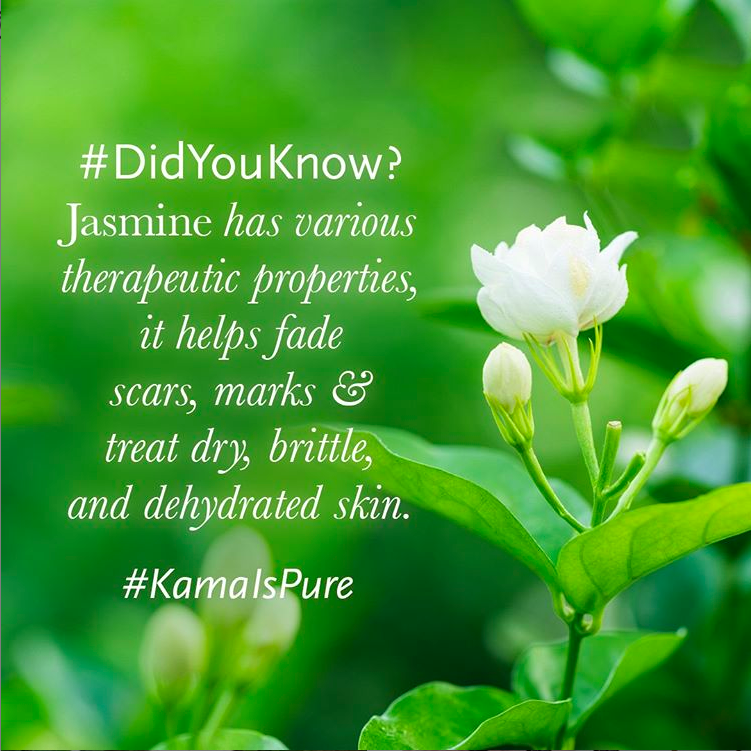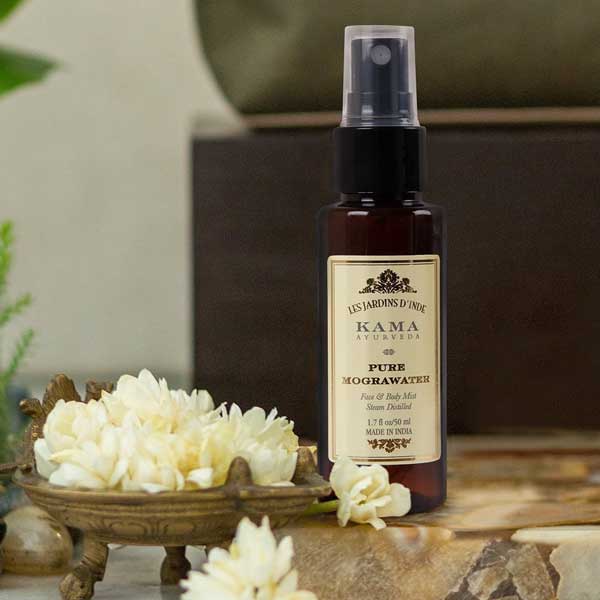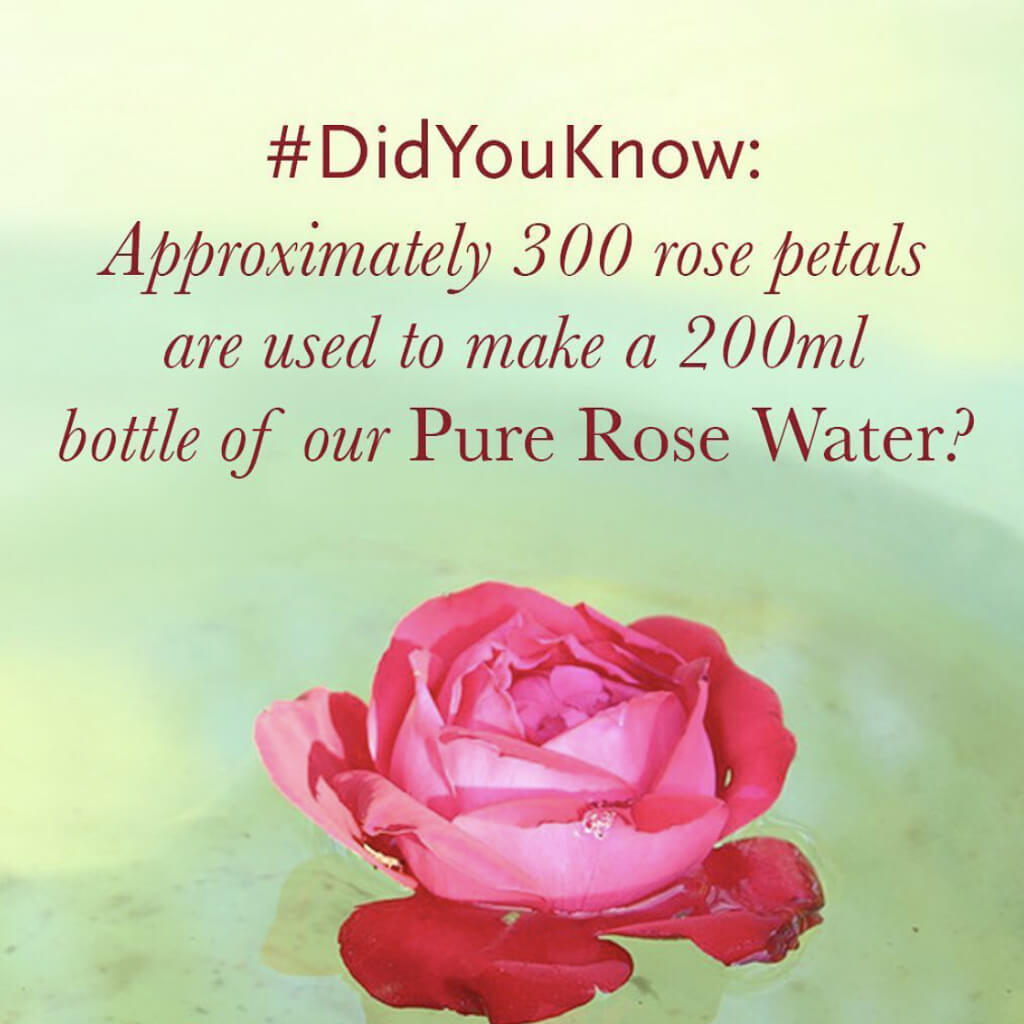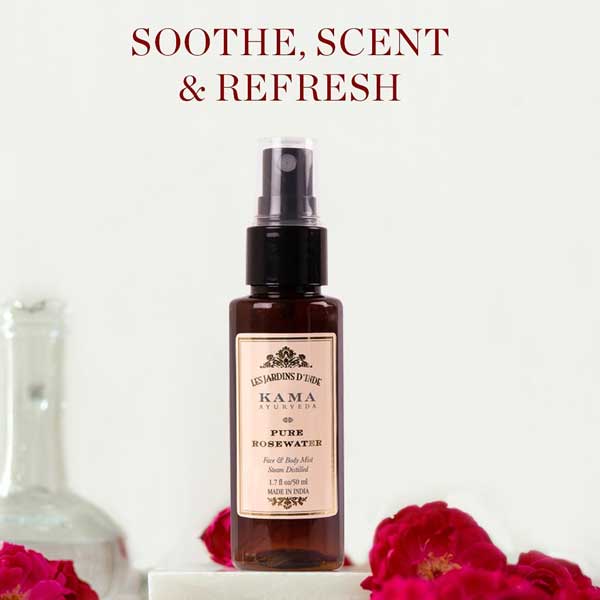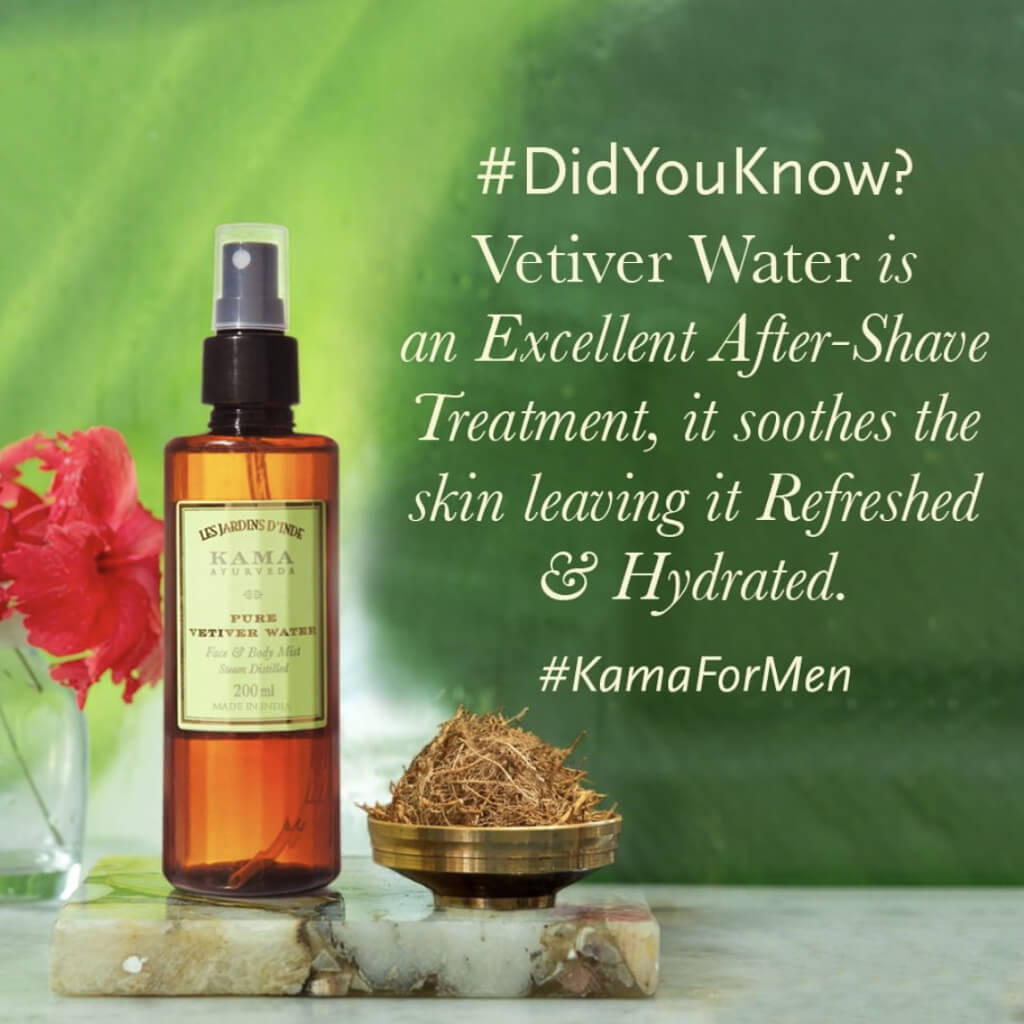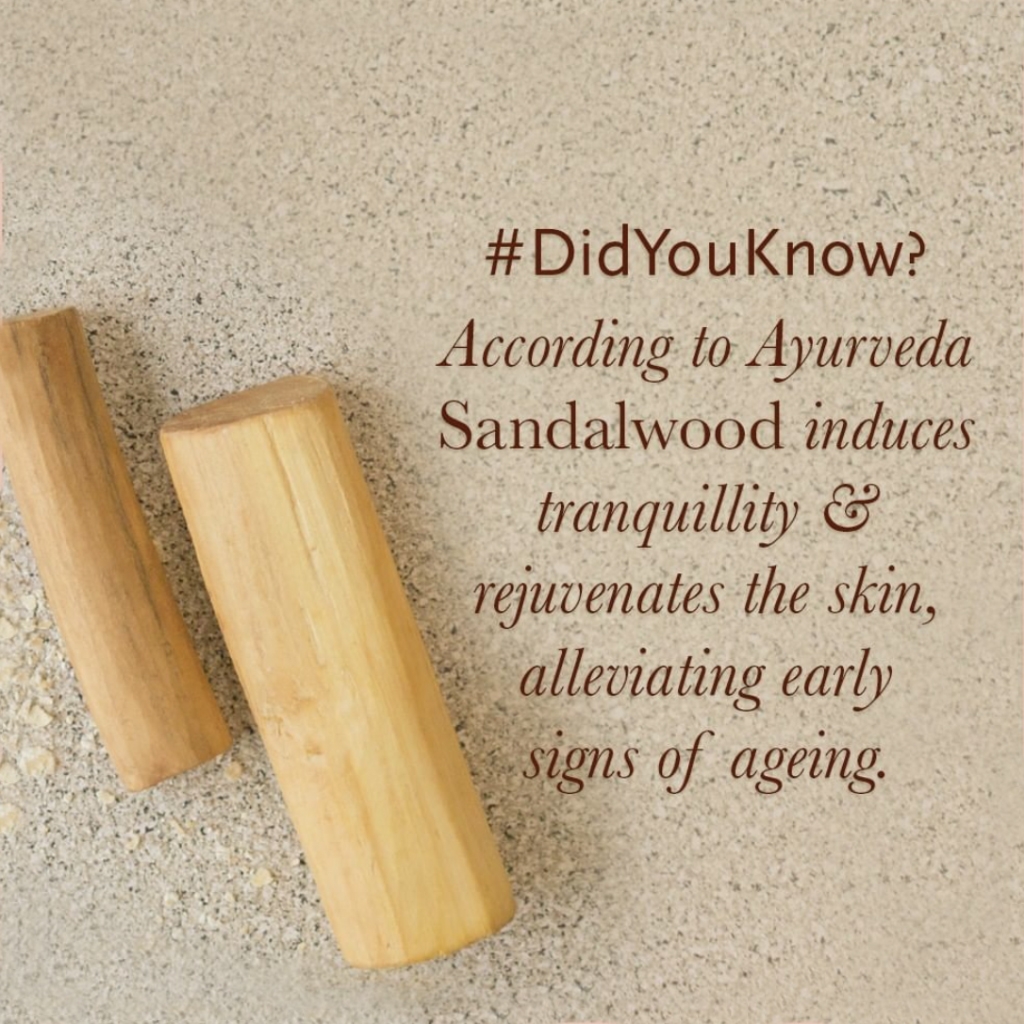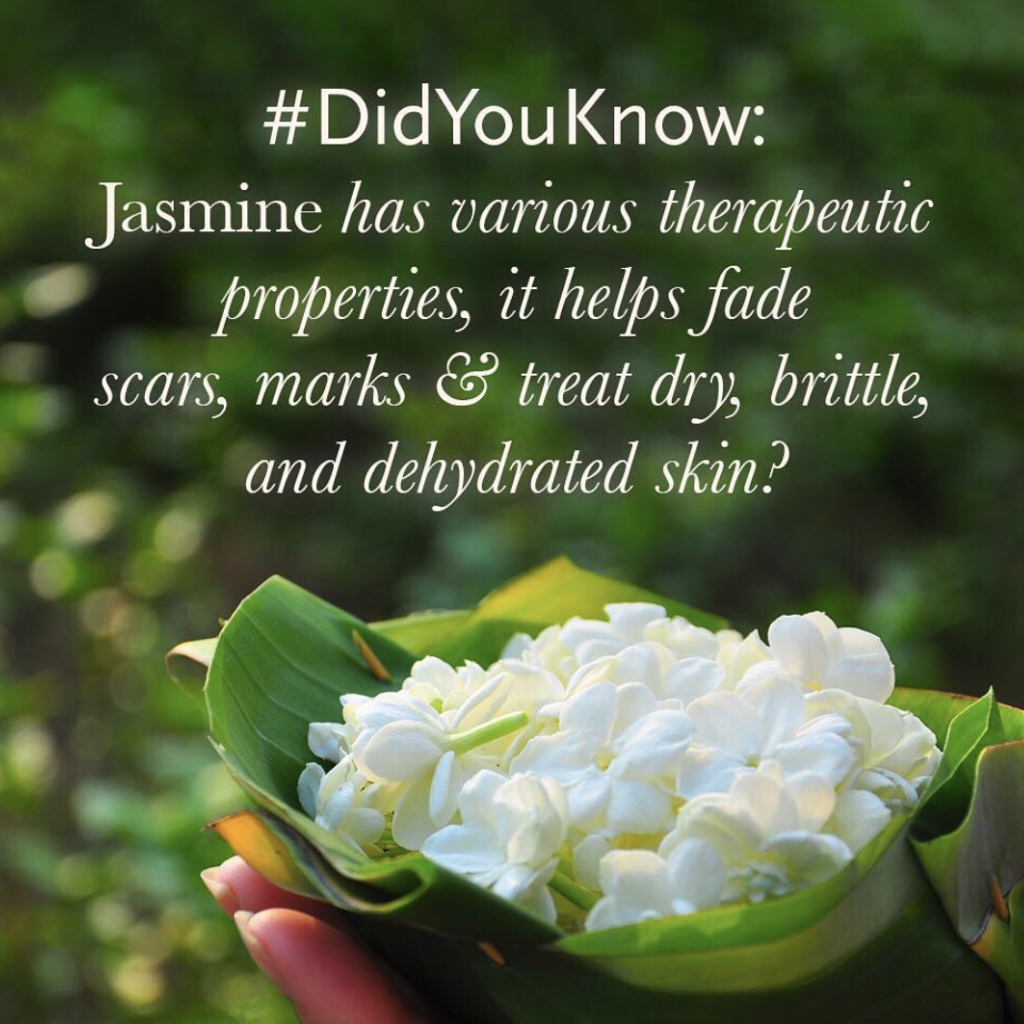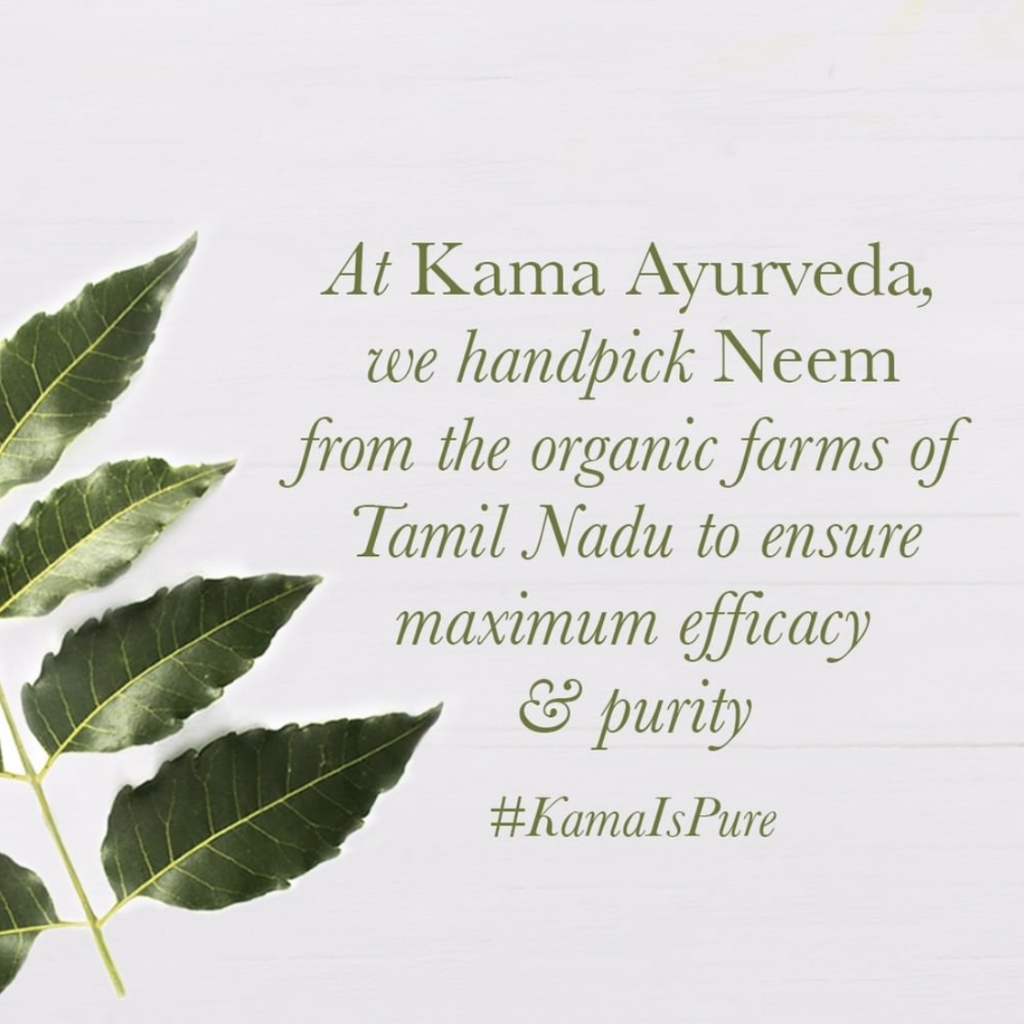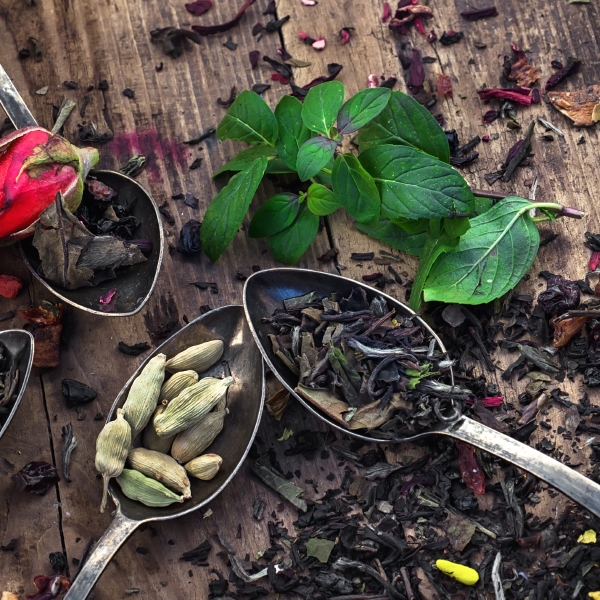Since centuries, Fuller's Earth, or Multani Mitti has been used as a quintessential Indian home remedy for a clean, bright and revitalised skin. It is a potent healing clay with active ingredients that absorb impurities like accumulated sebum, sweat, oil and dirt from the clogged pores.
With its natural earthy aroma, it one of the earliest substances to be used as a beauty mask. Till date, it’s used as an effective Ayurvedic beauty treatment to make your skin radiant and appealing by getting rid of blemishes and acne scars.
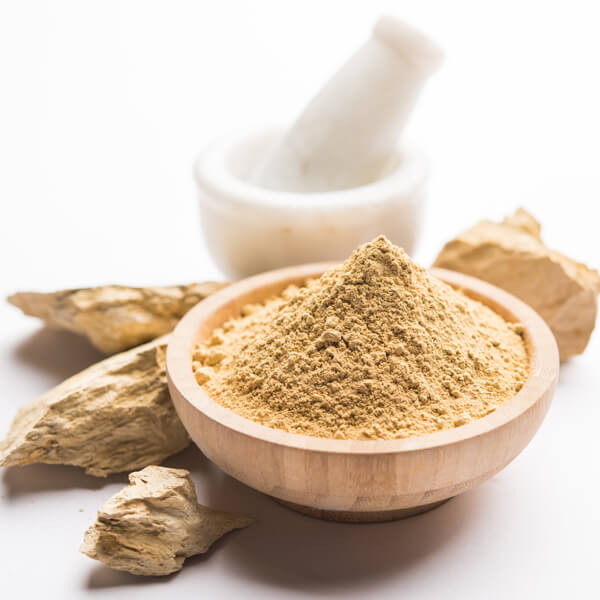
From reducing dark spots to improving the overall skin texture and complexion, multani mitti has a solution for all skin problems. Using it is the simplest way to get that smooth and supple skin that you’ve always wanted.
If you’ve never used Multani Mitti before, let’s walk you through the many ways to use miracle clay to get the best benefits for your skin.
5 Multani Mitti Face Packs
The best thing about Multani Mitti is that it can be combined with other ingredients to make it suitable for different skin types and to treat various skin problems. It has lime which kills the harmful bacteria and cleanses the skin deeply.
It is also rich in minerals like Aluminium Silicate and Magnesium Silicate that provide the clay its excellent adsorbent properties. Whenever you apply Multani Mitti on your face, it leaves you feeling fresh and radiant.
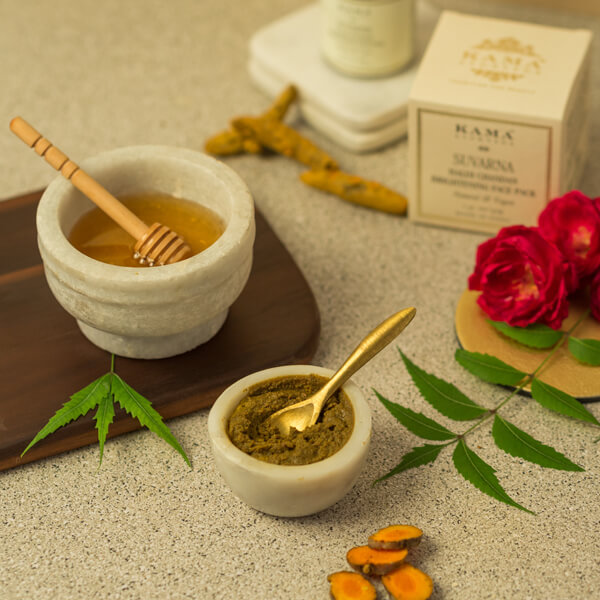
If your skin becomes dull and you start noticing fine lines and wrinkles, you can use Multani Mitti to tighten up your skin. It also has a cooling and soothing action due to which it’s used more regularly during summers.
- 1. Multani Mitti Face Pack For Oily Skin
Excessive production of sebum results in oily skin. While sebum is essential to protect the skin from environmental pollutants, when it’s produced in very high amount it results in a lot of skin issues.
If you have oily skin, you might notice that your skin attracts a lot of dirt and even looks dull from time to time. This makes you prone to acne, pimples and skin infections. The excess sebum attracts impurities from the surroundings that block the pores.
Multani Mitti is immensely helpful for those who have oily skin type. Even with a single application you will notice that the excess sebum from your skin surface is absorbed. It also prevents clogging the pores which clears acne and helps in getting a soft and smooth skin.
How to use -
To make Multani Mitti face pack for oily skin, combine one spoon of Multani Mitti with the following ingredients -
- Half a spoon of Orange Peel Powder
- 1/4th spoon of Turmeric Powder (haldi)
- One spoon of lemon juice
- One spoon of honey.
You will get a thick paste by mixing these ingredients and apply it on your face. Let the face pack completely dry and then wash it off with water. This pack will reduce excess oil from the face and improve the overall structure.
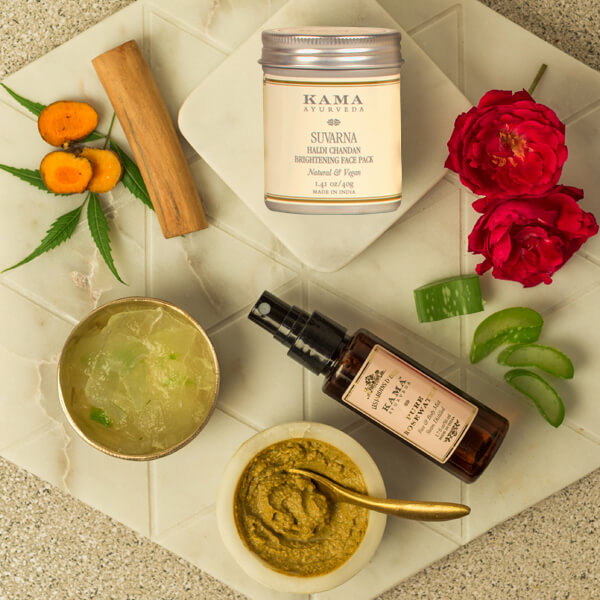
Alternatively, you can use Kama Ayurveda’s Suvarna Haldi Chandan Face Pack. It is a 100% natural face pack and is a combination of Multani Mitti with powerful Ayurvedic ingredients like Turmeric, Sandalwood, Orange Peel Powder, Oatmeal and Rose. Combine it with Lavender Water/Vetiver Water or Aloe Vera for oily skin.
Why it works -
The high concentration of Vitamin C in Orange Peel makes it a powerful source of antioxidant protection for skin. Orange Peel Powder helps minimise oiliness in skin and complements Multani Mitti in its mattifying action, by minimising the appearance of enlarged pores
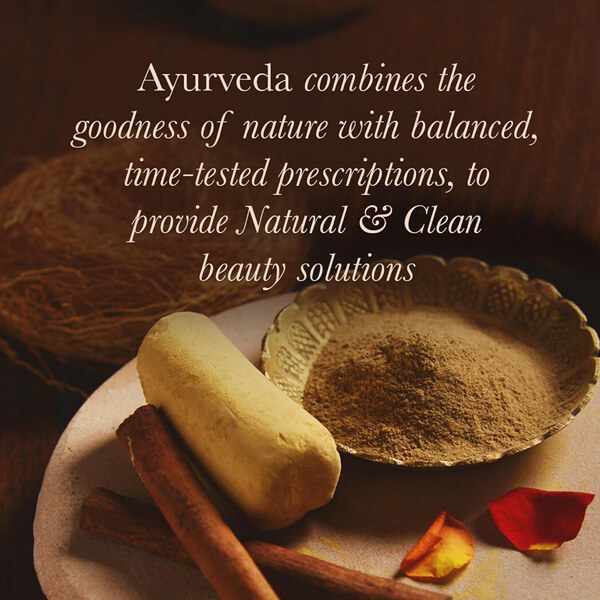
2. Multani Mitti Face Pack For A Brighter Complexion
The secret behind a glowing complexion is deep cleansing. Every day your skin is exposed to dust, pollutants and chemicals that sometimes penetrate deep into the skin and cause it to look dull. It also makes the skin age faster and causes fine lines and wrinkles.
Want to clean your face efficiently and get rid of these impurities? Multani Mitti will help you cleanse the skin deeply and remove the toxins from the innermost layers.
How to use -
To make Multani Mitti face pack for combination skin, combine one spoon of Multani Mitti with the following ingredients -
- Half a spoon of Sandalwood Powder
- 1/4th spoon of Turmeric Powder (haldi)
- Rose water or Milk
Mix the ingredients to prepare the paste. Apply the face pack and leave it on until it dries completely and then wash it off with water.

Alternatively, you can use Kama Ayurveda’s Suvarna Haldi Chandan Face Pack. It has the complexion enhancing ingredients Turmeric and Sandalwood which make it an effective Ayurvedic Face Pack. Mix it with Rose Water for youthful vibrance, smoothness and luminosity.
Why it works -
In Sanskrit, Turmeric is referred to as Gauri meaning 'The One with a Shining Face'. As a natural, anti-inflammatory exfoliator, Turmeric is briskly, but gently clarifying. Together, Multani Mitti combined with Sandalwood and Turmeric produces a smooth, blemish-free, and luminous complexion.
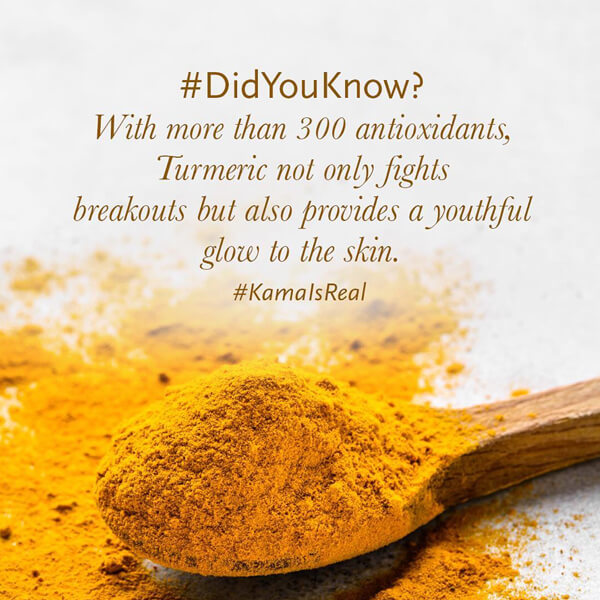
- 3. Multani Mitti Face Pack For Dry Skin
Multani Mitti can make dry skin soft and supple by combined with other skin nourishing ingredients. It is rich in Calcium which acts as a natural moisturizer and protects the skin from harmful effects of the sun, thereby preventing it from dryness and dullness.
How to use -
Here’s how you can prepare Multani Mitti face pack to add radiance to dry and dull skin. Start with the following ingredients.
- One spoon crushed and ground almonds
- Half a cup of milk
Add these ingredients to Multani Mitti to prepare a face pack of suitable consistency. Apply it on your face and leave it on until it gets dried completely (or for about 30 minutes). Wash it off when it dries completely.
Alternatively, you can use Kama Ayurveda’s Suvarna Haldi Chandan Face Pack. It has Multani Mitti mixed with other ingredients that are well-suited for dry skin. Use it with Rose Water or Mogra Water as both of them work well for dry skin. You can also add crushed almonds/almond oil and milk/yogurt to this face pack.
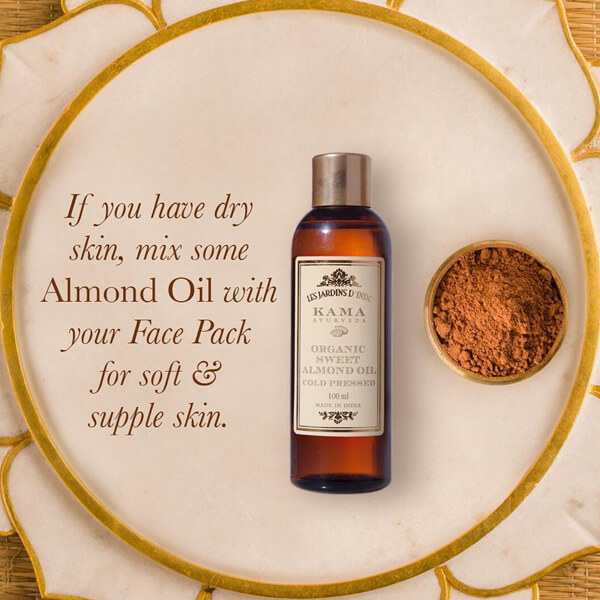
Why it works -
Almonds and milk combined with Multani Mitti provides dry skin the much needed hydration and nourishment.
4. Multani Mitti Face Pack For Acne and Blemishes
Multani Mitti is an effective natural treatment for acne and blemishes. With regular use, even acne scars can be healed. Its antibacterial action and its ability to regulate sebum production prevents and treats acne. It clarifies and smoothens the overall skin texture.
How to use -
To prepare Multani Mitti face pack for acne and blemishes, add the following ingredients to two spoons of Multani Mitti -
- One spoon of Neem Leaf powder
- 1/4th spoon of Turmeric Powder
- Rose Water
Prepare the paste using these ingredients and apply it evenly on your face. Let it dry completely before washing it off with water.
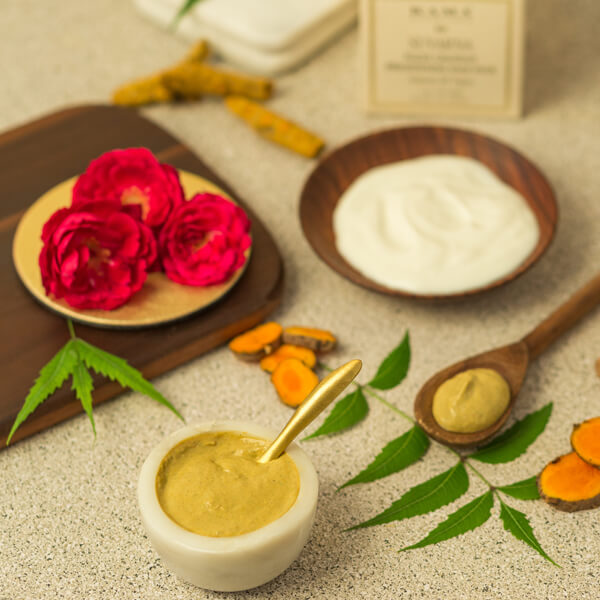
You can use Kama Ayurveda’s Suvarna Haldi Chandan Face Pack for this. It has Neem and Rose which make it an effective Multani Mitti face pack for acne and blemishes. Add Vetiver Water or Lavender Water to prepare the face pack for even better results.
Why it works -
The absorbent, exfoliating, deep-cleansing and anti-bacterial properties of Multani Mitti, along with the antibacterial action of Neem, helps in reducing acne and give a blemish-free glowing skin. Rose works as an astringent which helps in reducing large pores that attract impurities and result in acne.
- 5. Multani Mitti Face Pack for Pigmentation And Tanning
Multani Mitti soothes sunburns and clears pigmentation caused by sun exposure. It has a cooling effect and its anti-tanning properties make it an effective treatment for skin pigmentation conditions like Melasma that are caused due to sun exposure.
How to use -
To use Multani Mitti for treating pigmentation, combine with one spoon with Multani Mitti with the following ingredients.
- 2 spoons of papaya fruit pulp
- 1 spoon oatmeal powder
- 1/4th spoon turmeric powder
- 1/4th spoon sandalwood powder
- Rose water
Prepare a smooth paste by mixing these ingredients and apply it evenly on your face. Let it dry and then wash it off with water.
Alternatively, use Kama Ayurveda’s Suvarna Haldi Chandan Face Pack to treat pigmentation. It has Oatmeal, Turmeric, Rose and Sandalwood among other Ayurvedic ingredients which make it an effective Multani Mitti face pack for pigmentation and tanning. You can add papaya fruit pulp to it to make it more effective.
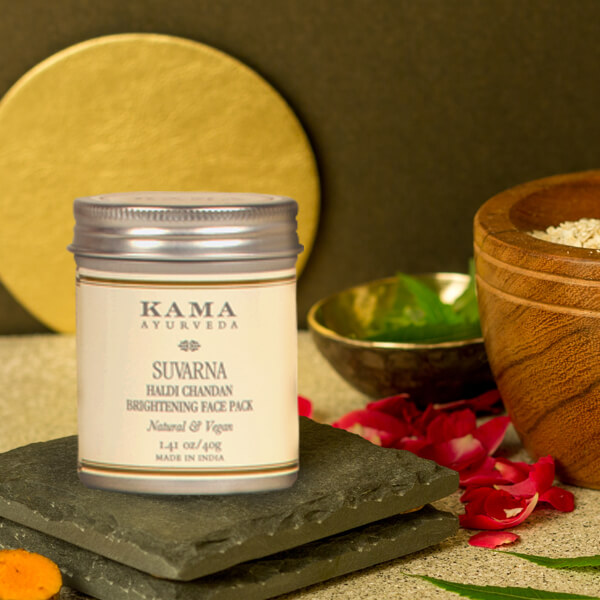
Why it works -
Anti-inflammatory and deeply hydrating, oatmeal is a boon for dry, allergy-prone and sensitive skin types. It complements anti-tan properties of Multani Mitti and helps in treating skin issues resulting from sun exposure.
How Multani Mitti Benefits The Skin?
As you can see, Multani Mitti can be combined with different ingredients to make face packs to treat specific skin issues. Irrespective of your skin type, it will definitely give you the following benefits.
- Improves skin texture and brightens the complexion
- Fights acne and pimples
- Reduces fine lines and wrinkles
- Reduces skin inflammation and protects the skin against allergens
- Has a cooling effect that gives relief from rash, itching and irritation
- Detoxifies the skin and helps in getting rid of pollutants and impurities
- Prevents acne and pimples
- Treats sunburns, tanning and pigmentation
For best results, apply Multani Mitti on your face twice a week. If you use it too often, then it might strip your skin of its natural moisture content.
FAQ about using Multani Mitti Face Packs
Here, we’ve discussed some common questions about using Multani Mitti for face.
- 1. Can Multani Mitti be used as a scrub?
Multani Mitti is rich in iron which helps in improving blood circulation on face and helps in growth of new cells. Scrubbing with Multani Mitti will help in getting rid of dead cells and make the skin look vibrant. To use Multani Mitti as a scrub, you can add freshly ground walnuts, almonds and sugar granules. Use this paste to gently scrub your face.
If you are looking for natural scrubs, you can also use Ayurvedic Ubtan for scrubbing. Read about best ubtan recipes for a glowing skin.
- 2. Can Multani Mitti get rid of dark circles?
To use Multani Mitti for dark circles, combine it with half a potato grated finely. To this add lemon juice and yogurt to prepare a paste. Apply it underneath your eyes and leave it on for 20 minutes before washing it off.
- 3. Can I use Multani Mitti Face Pack daily?
It’s not advisable to use Multani Mitti on face daily as it may rip the skin of its natural moisture and cause excessive dryness. You may use Multani Mitti Face Pack twice a week.
- 4. Can I store Multani Mitti?
Multani Mitti has a long shelf life so it can be stored. Storing it in an air-tight container is helpful. You can even keep it refrigerated to increase its shelf life. Buy only 100% natural and pure Multani Mitti for long shelf life.
- 5. How to use Multani Mitti to prevent visible signs of ageing?
You can combine Multani Mitti with Sandalwood which prevents premature aging, Oatmeal which prevents age related dehydration, Rose which prevents lines & wrinkles and Orange which a powerful antioxidant. You can even use Kama Ayurveda’s Suvarna Haldi Chandan Face Pack as it has all these ingredients combined with Multani Mittu and it is helpful in reducing visible signs of ageing.
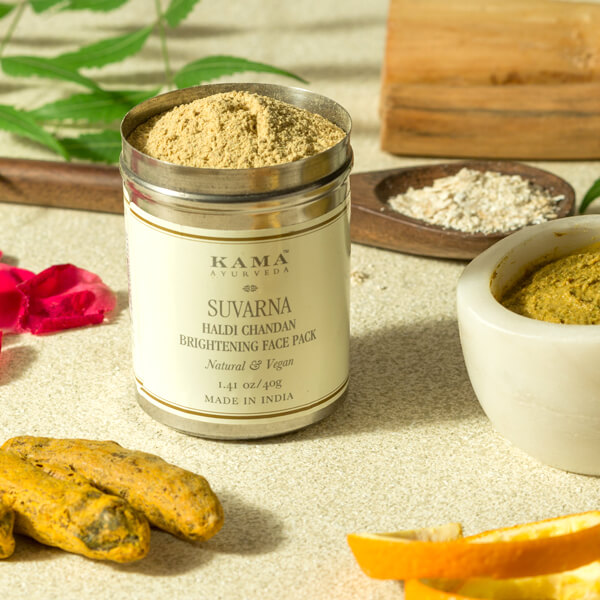
- 6. Are there any side effects of using Multani Mitti?
There are no known side-effects of using Multani Mitti. However, in some cases skin might be allergic to natural face packs. Perform a patch to be sure that the face pack is suitable for your skin type.
Conclusion
Multani Mitti is one of the most useful traditional skincare ingredients. It helps skin in different ways like diminishing pore sizes, removing blackheads and whiteheads fading freckles, soothing sunburns, cleansing skin, improving blood circulation, complexion, reducing acne and blemishes and gives a glowing effect on skin as it contains healthy nutrients.
The best way to use Multani Mitti as a part of your skincare routine is in the form of face packs.
References -
- Multani Mitti Benefits for Face and Skin Conditions - https://www.ayurtimes.com/multani-mitti-fullers-earth-benefits-uses/#multani-mitti-for-dry-skin
- Activation and Clarifying Properties of Fuller’s Earth - https://insa.nic.in/writereaddata/UpLoadedFiles/PINSA/Vol09_1943_1_Art15.pdf
- Formulation and Evaluation of Cosmetic Herbal Face Pack For Glowing Skin - https://www.ijrap.net/admin/php/uploads/1887_pdf.pdf
